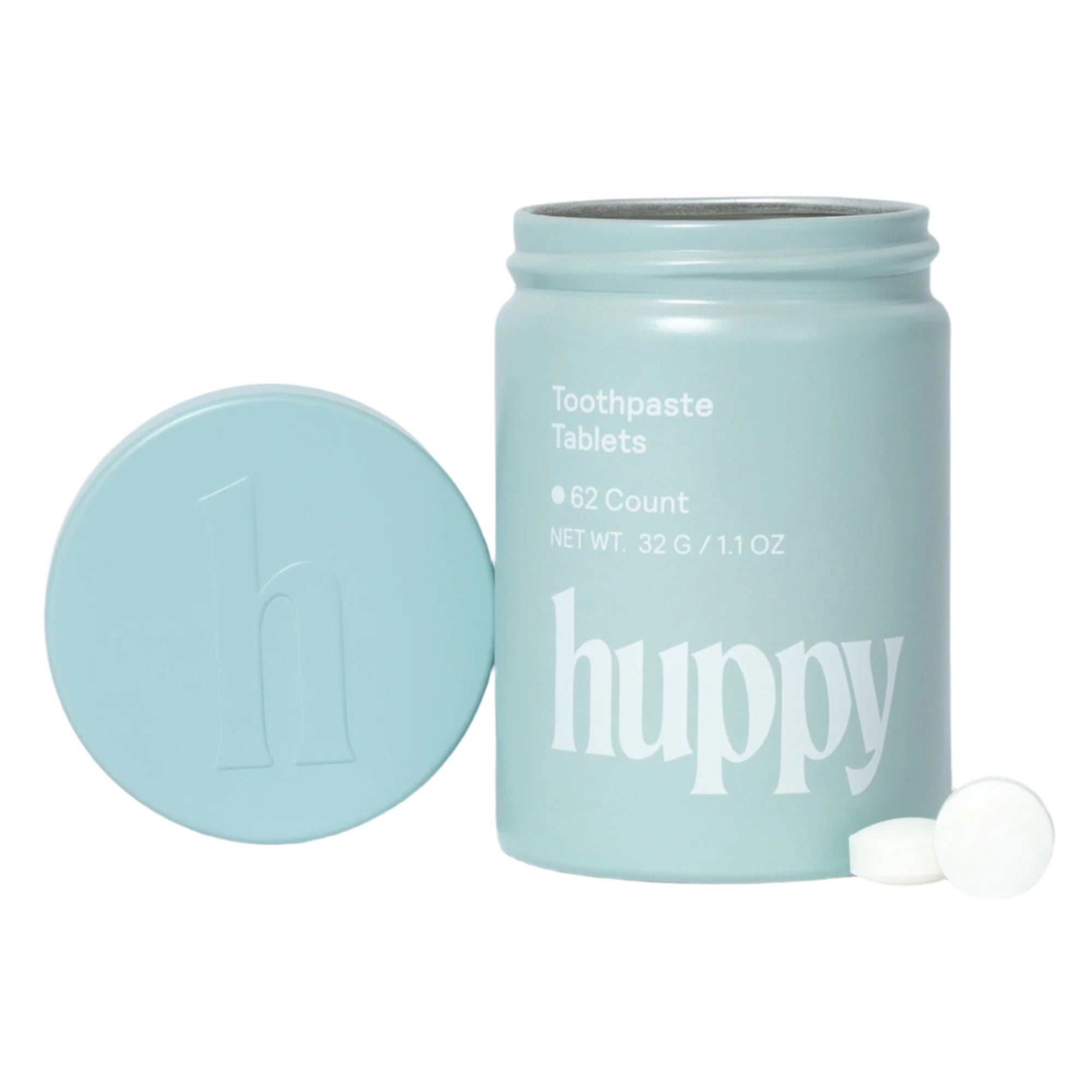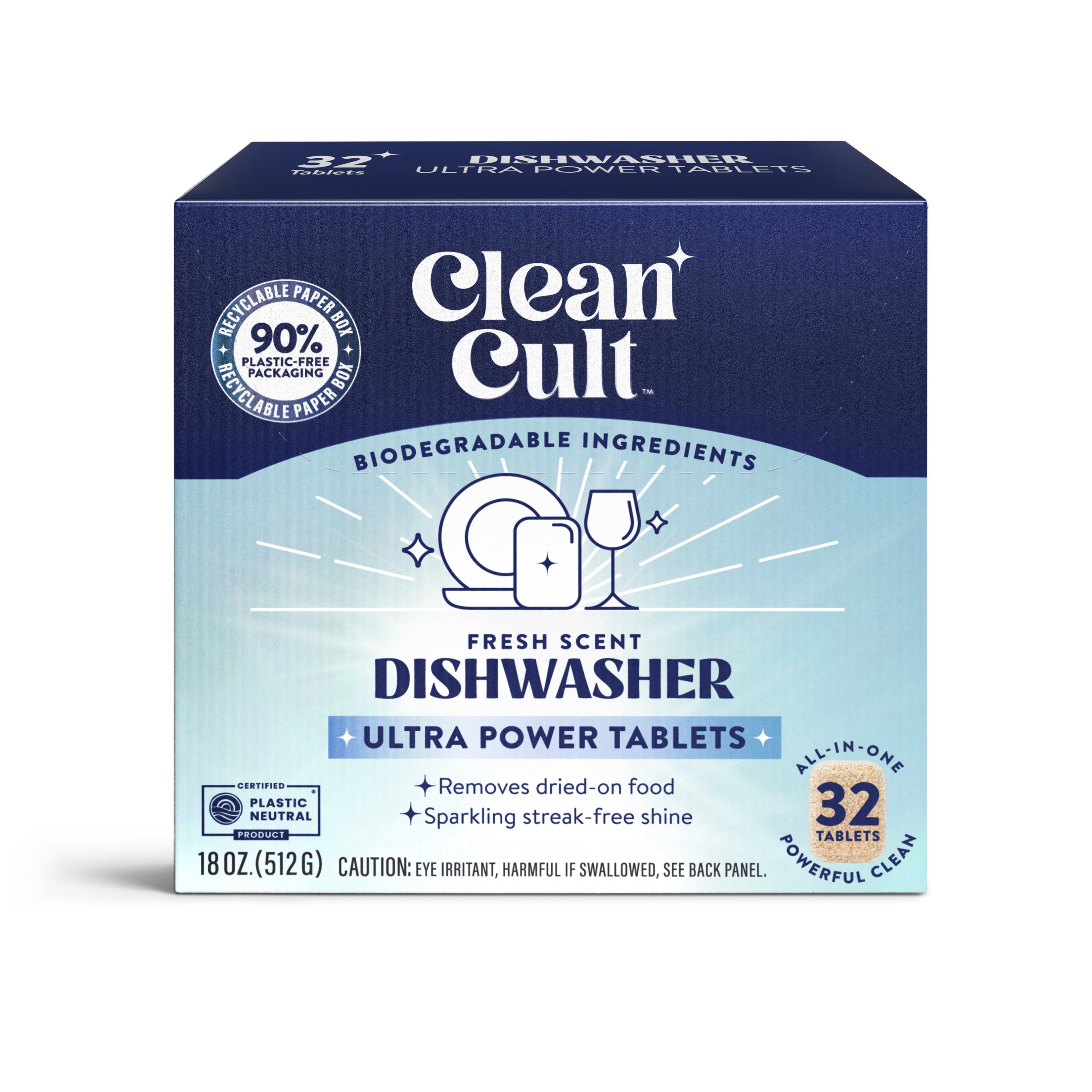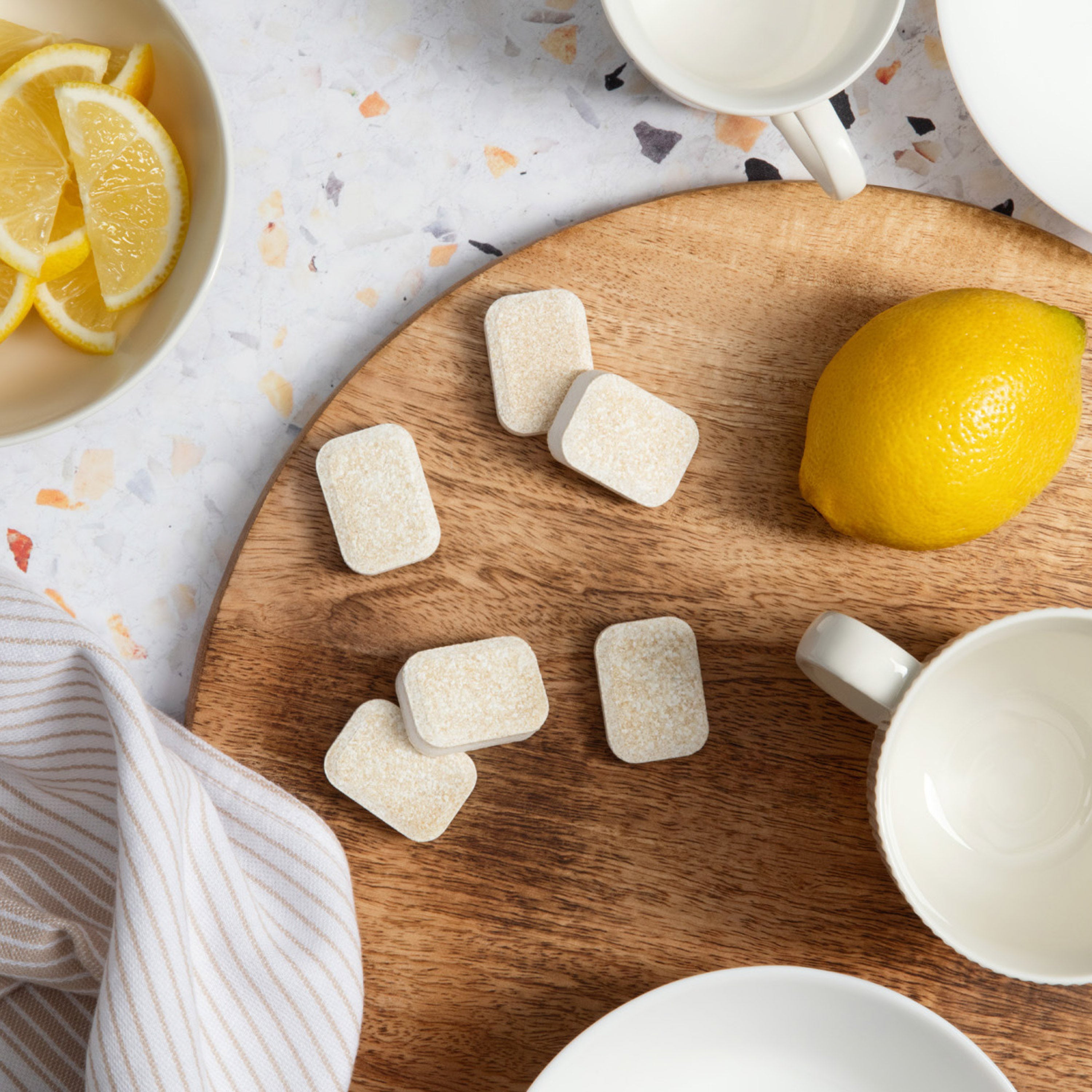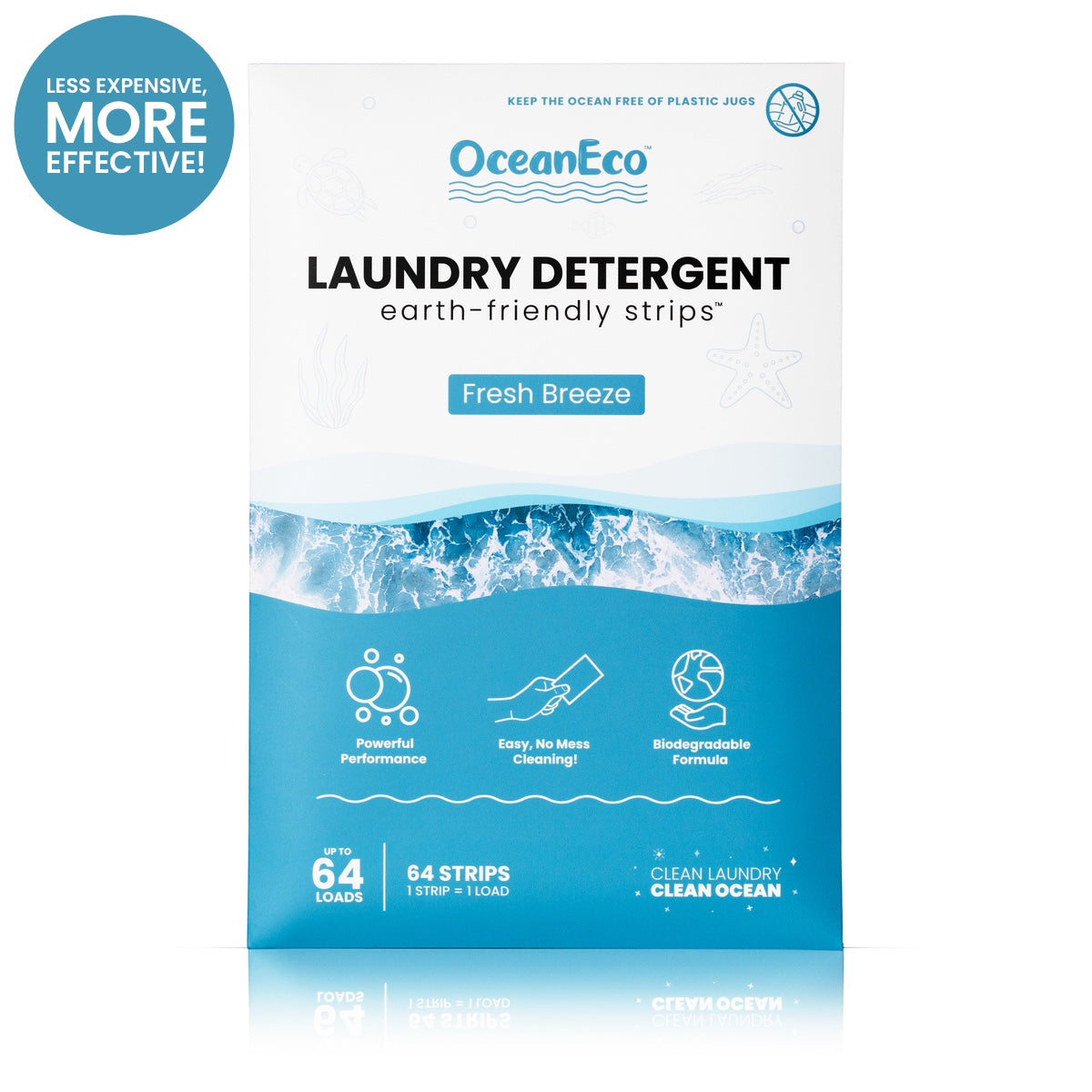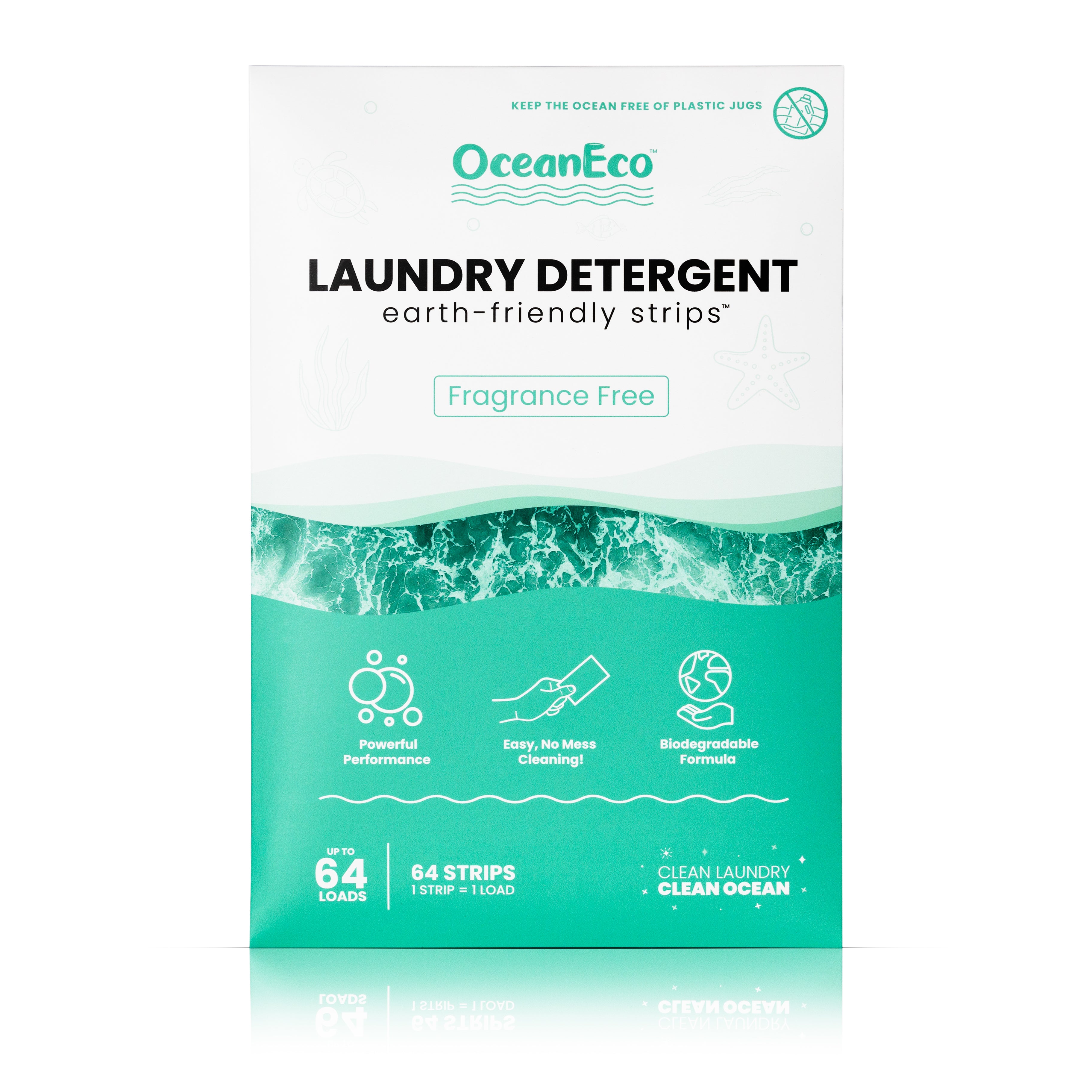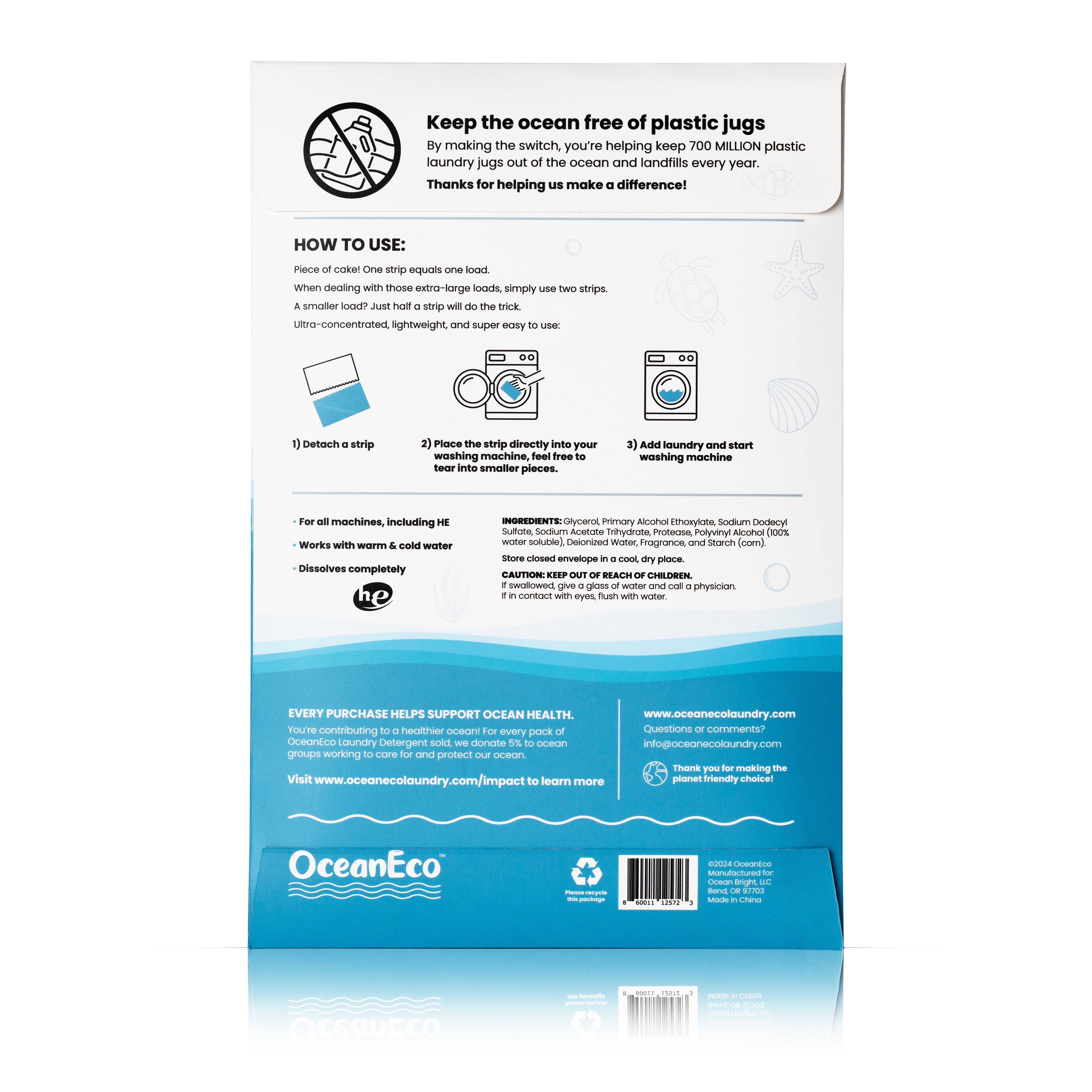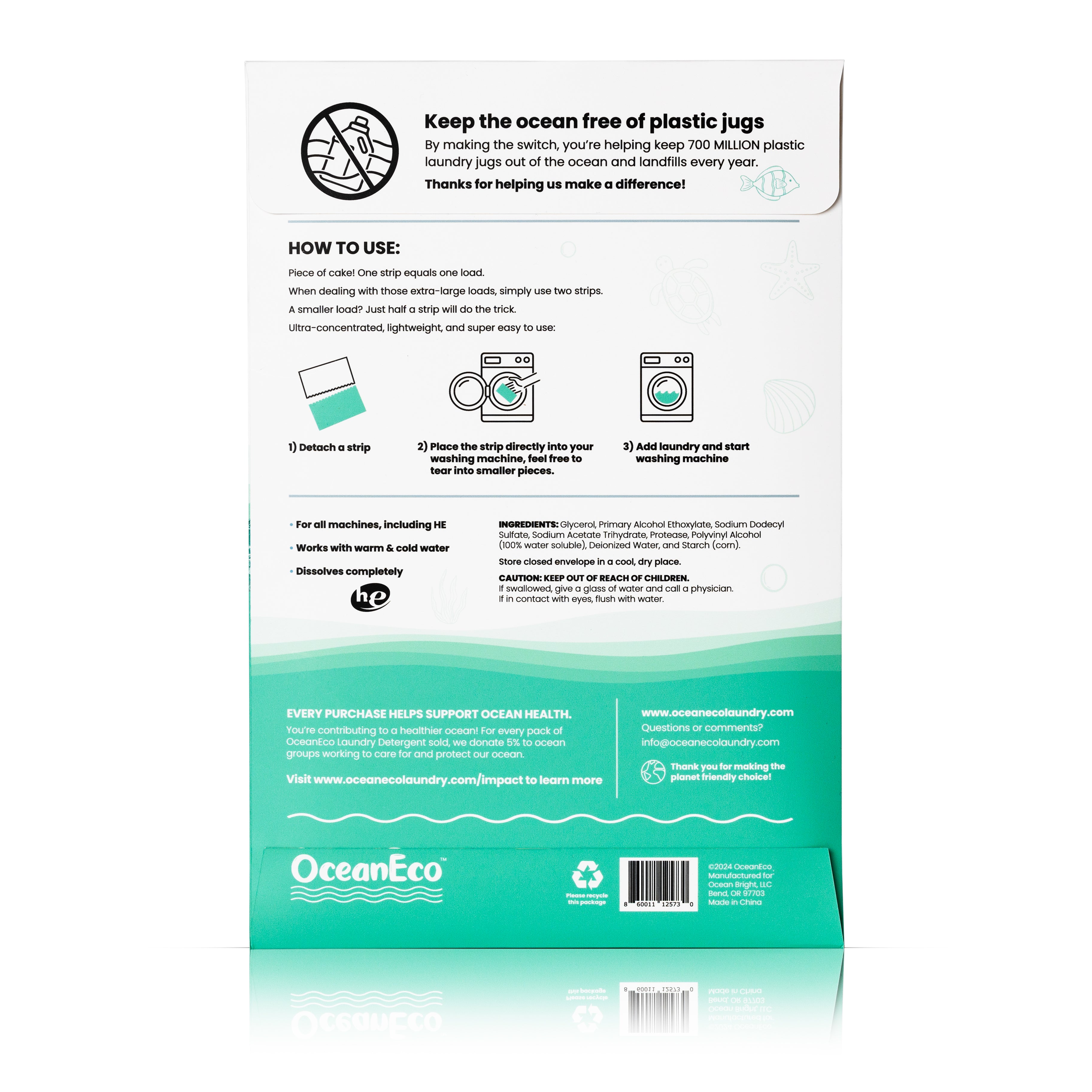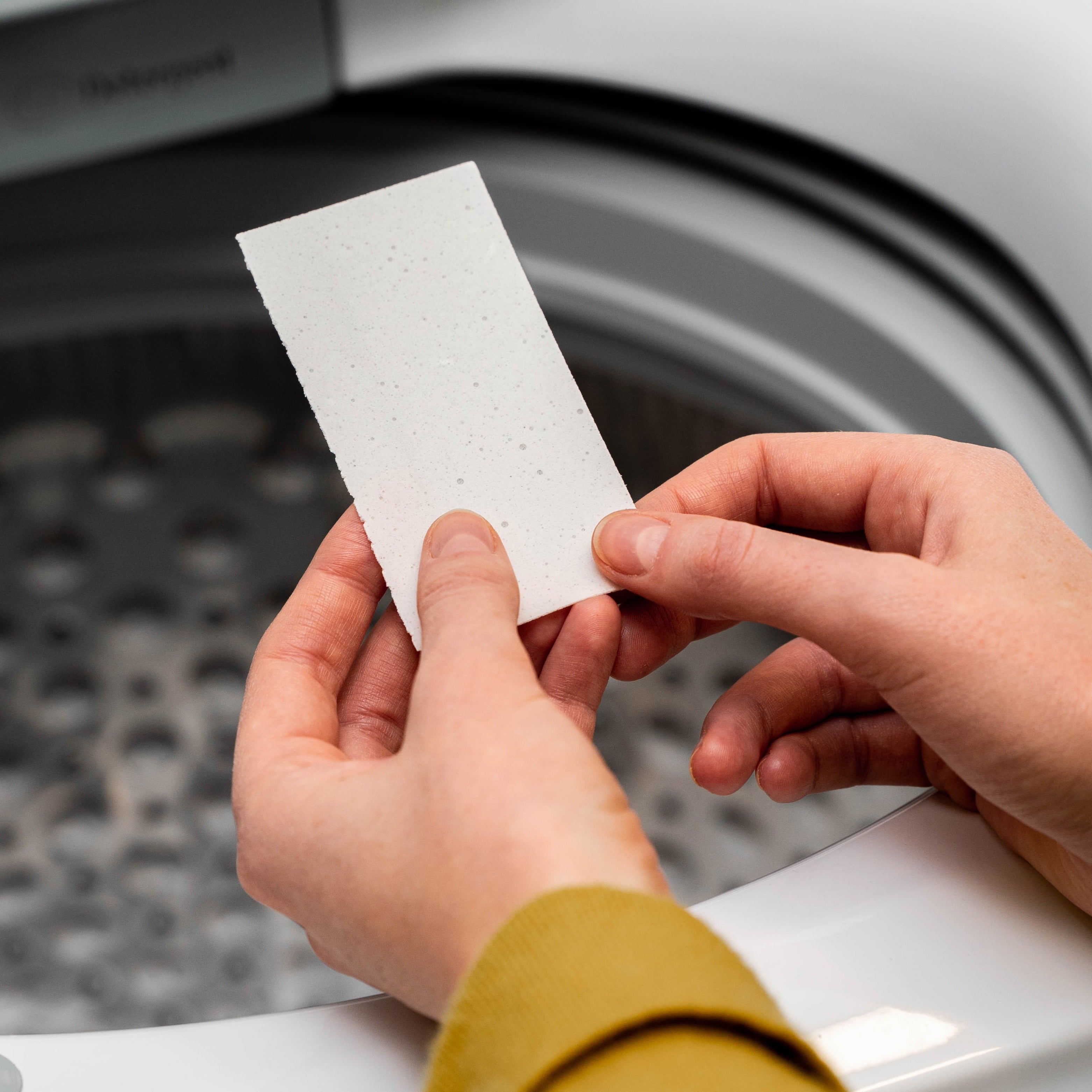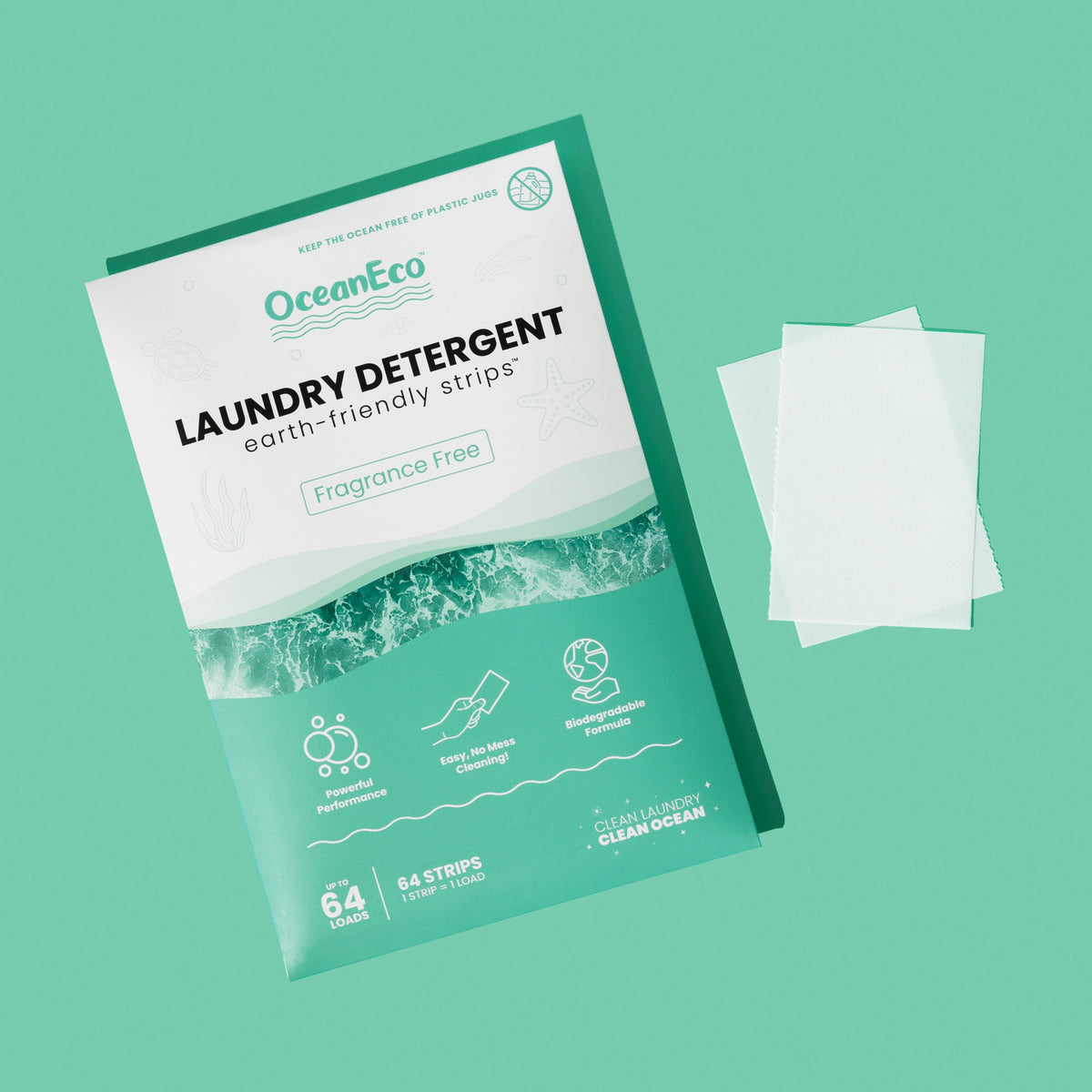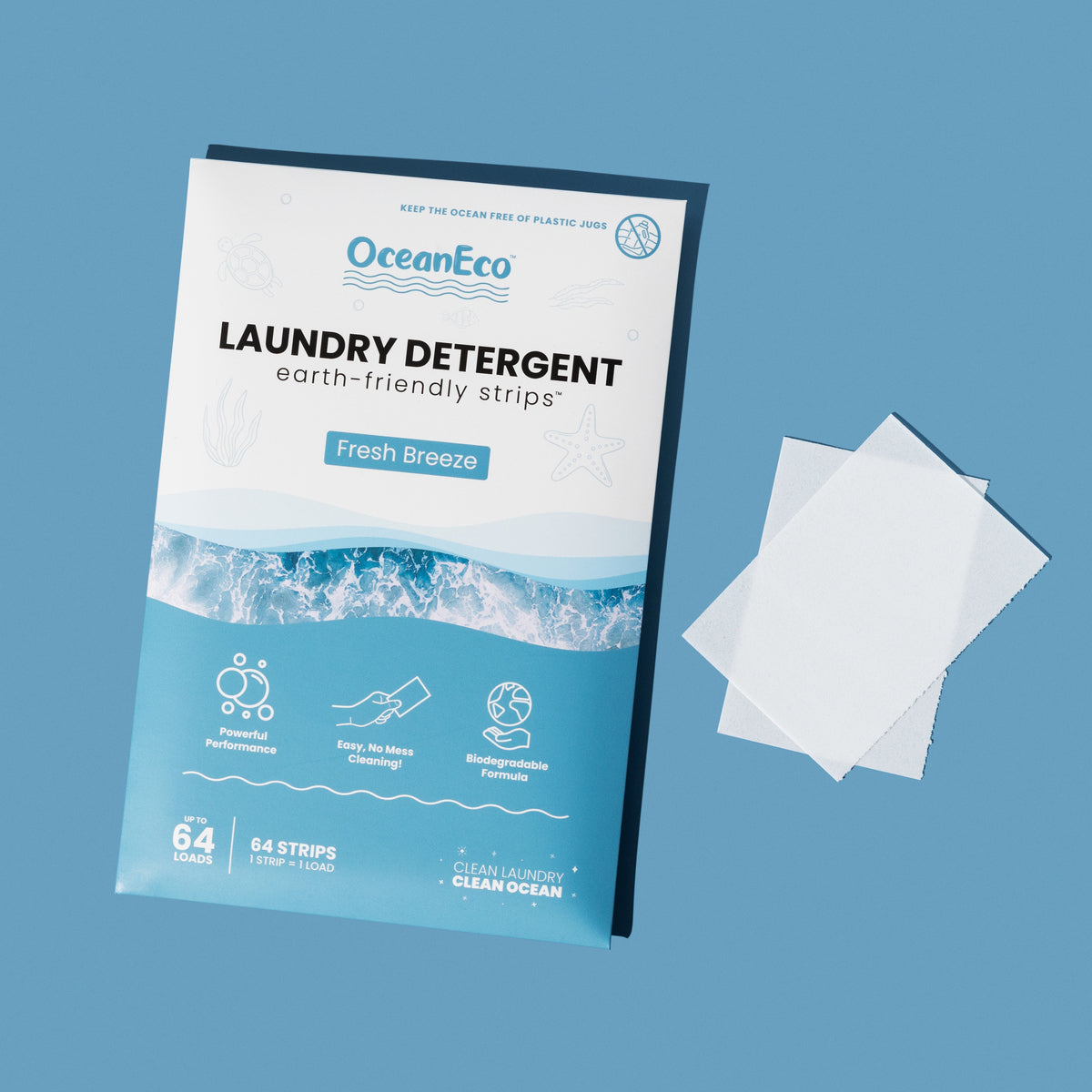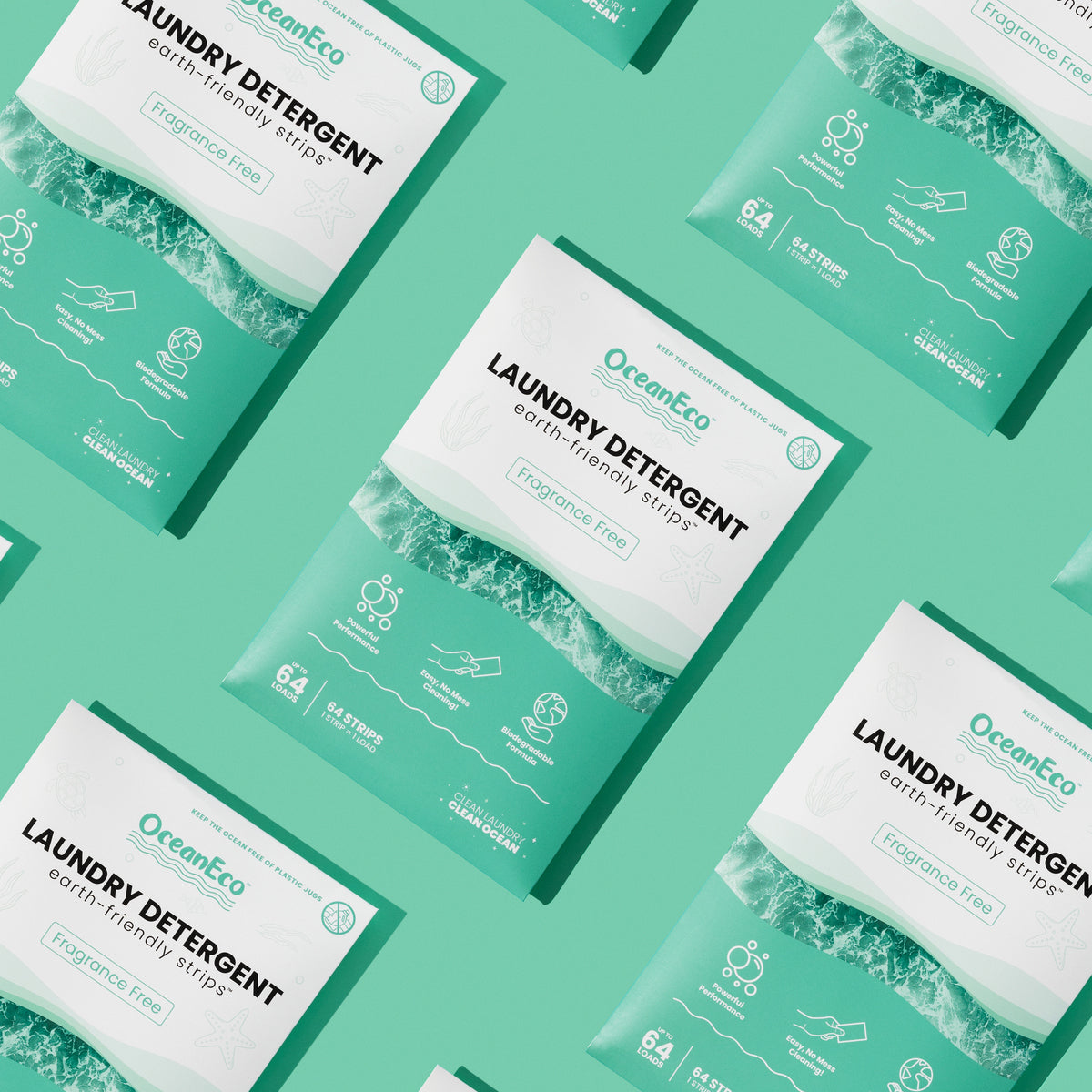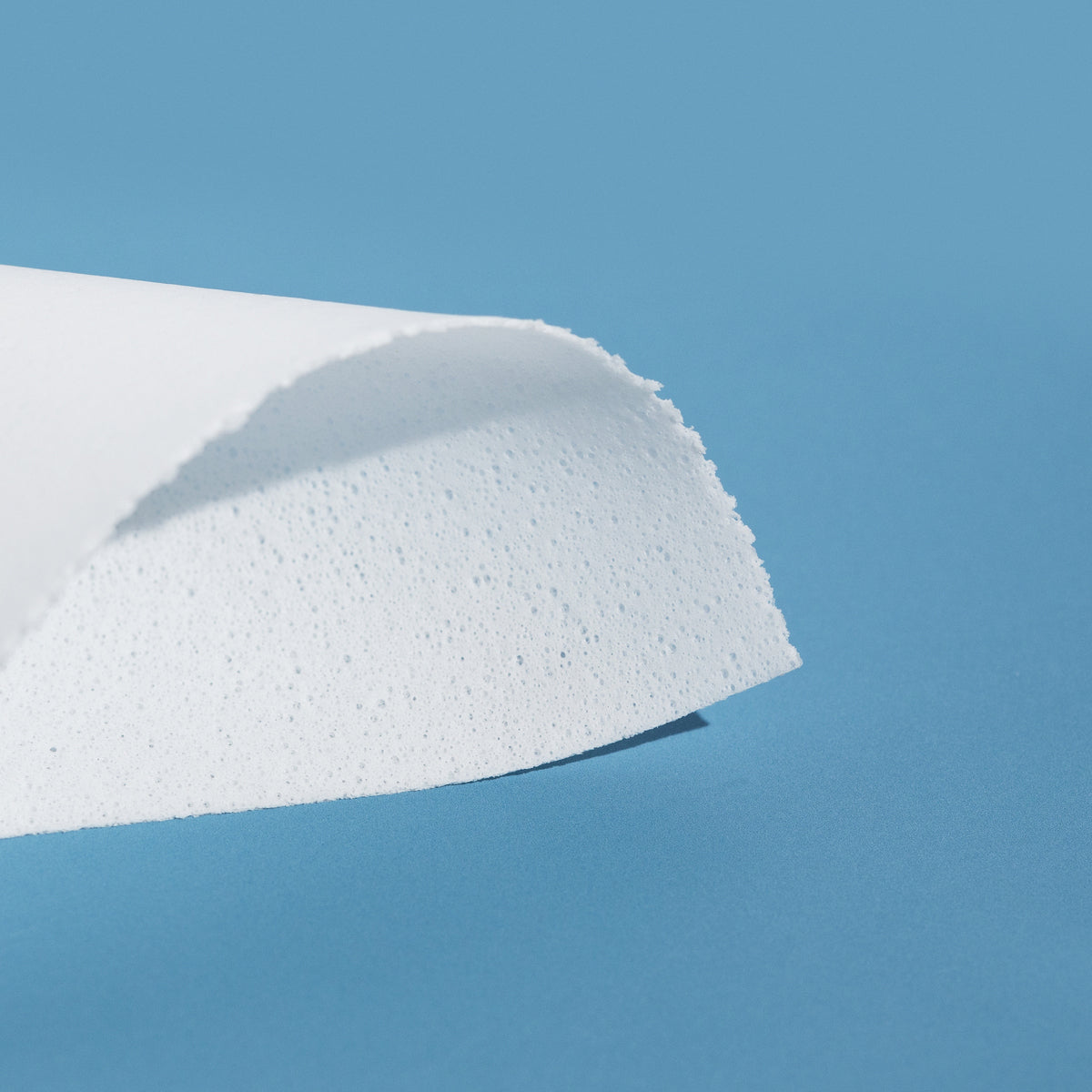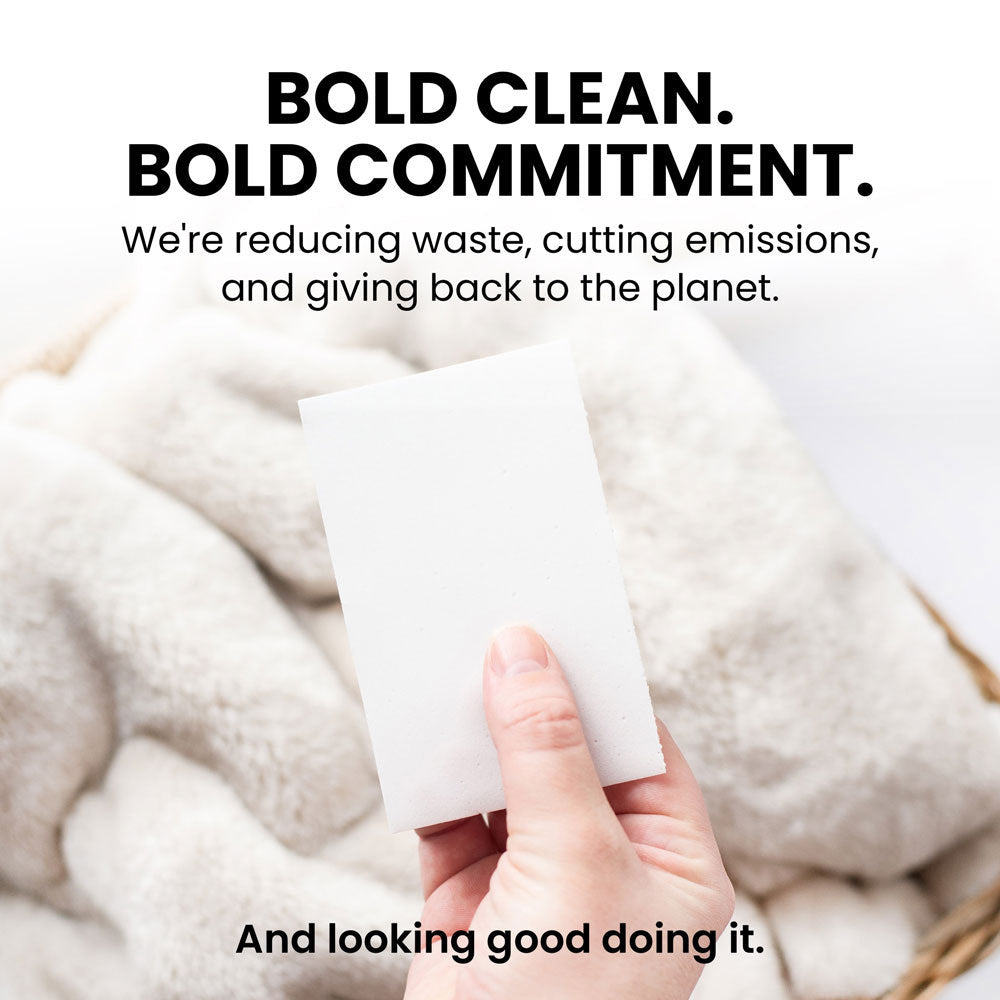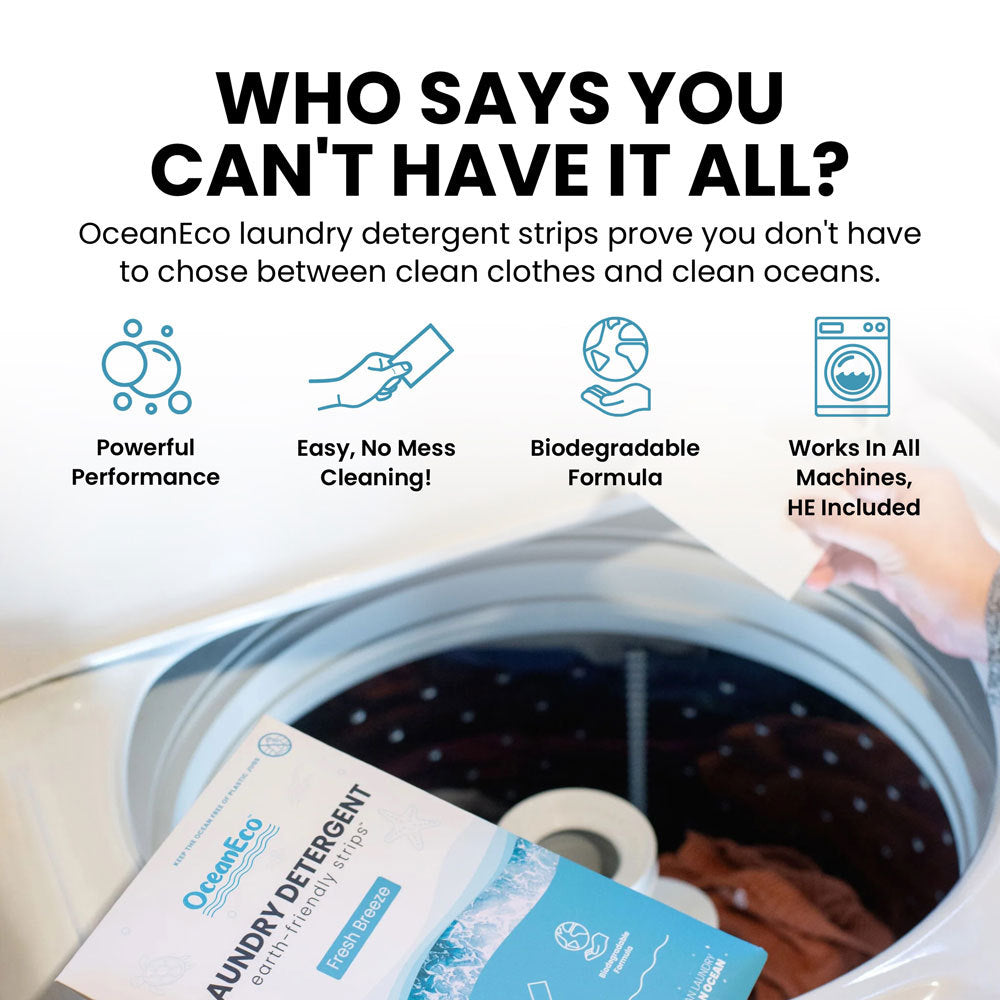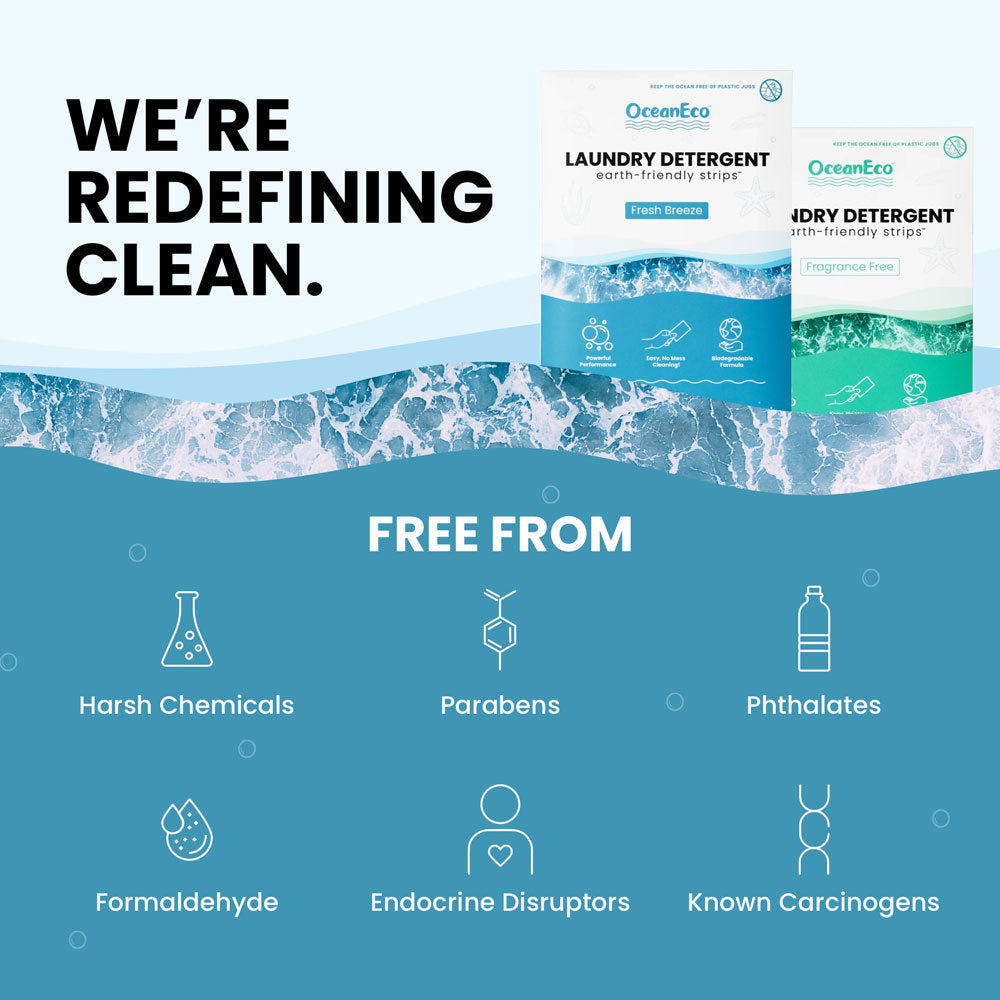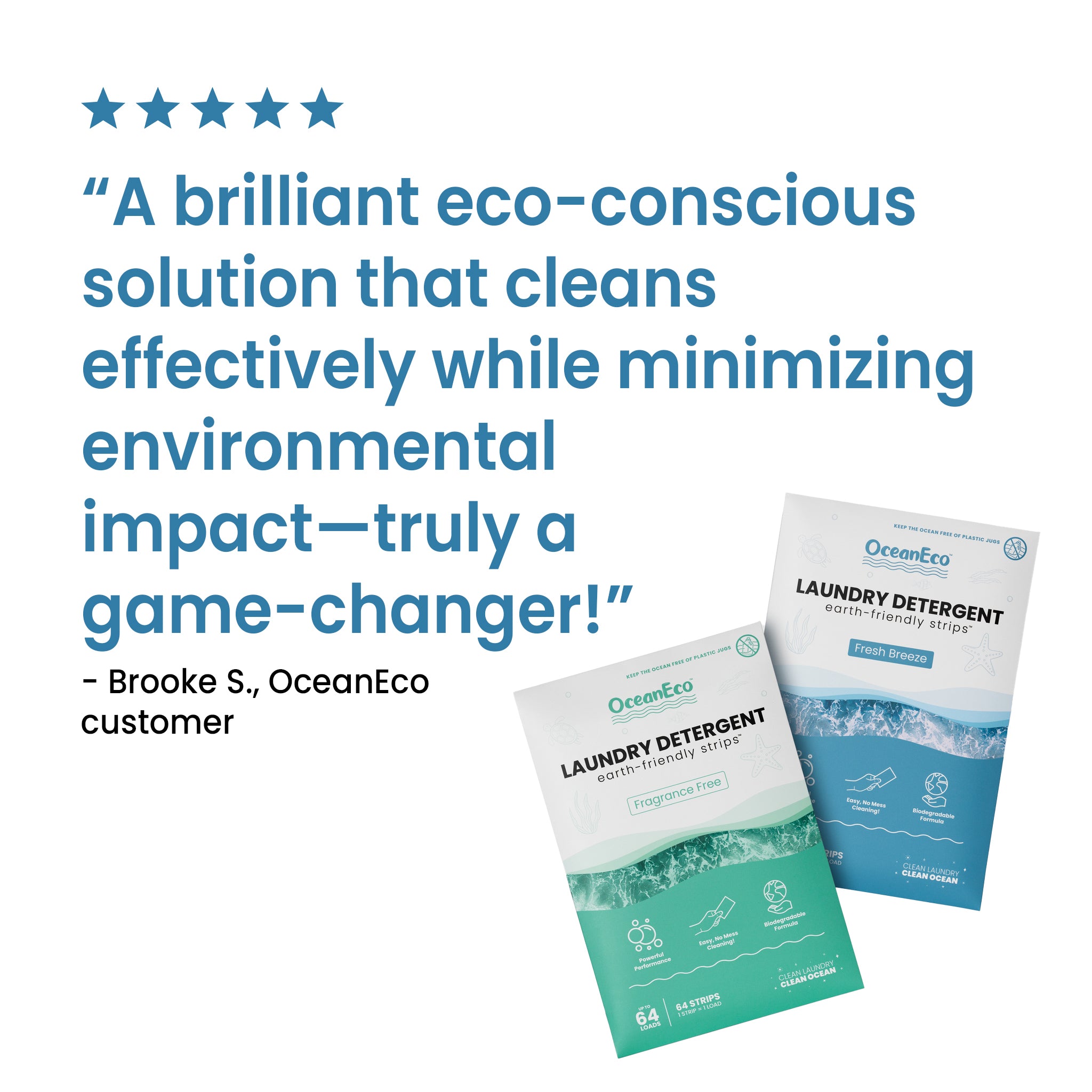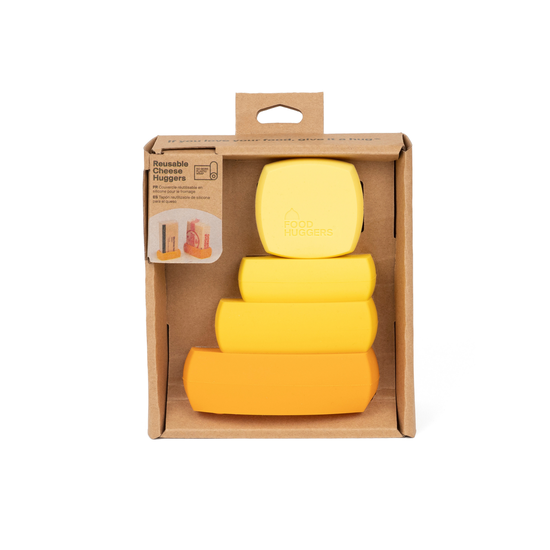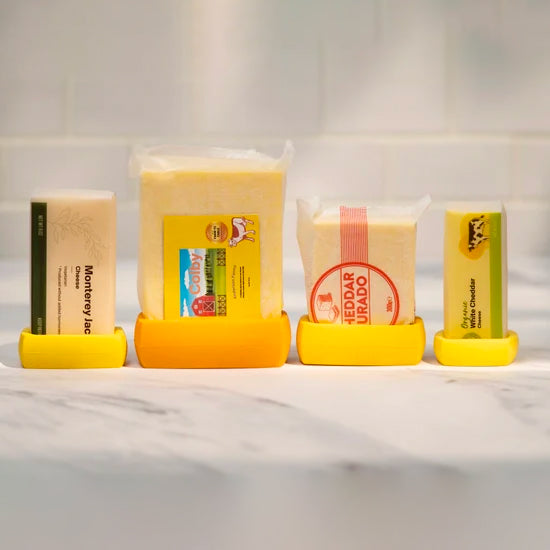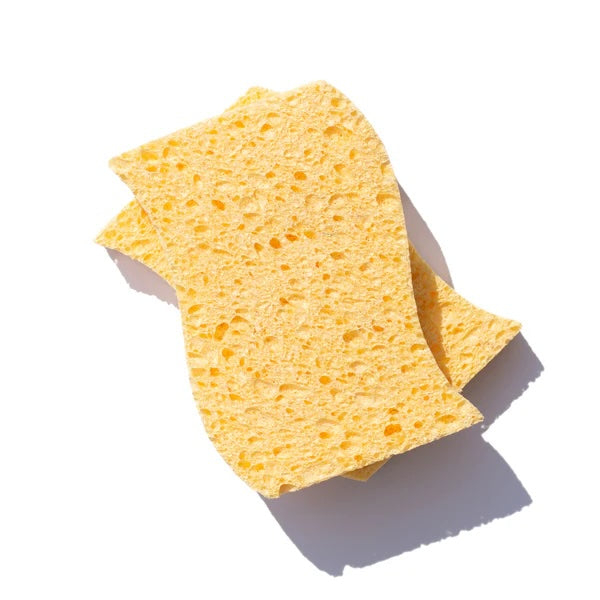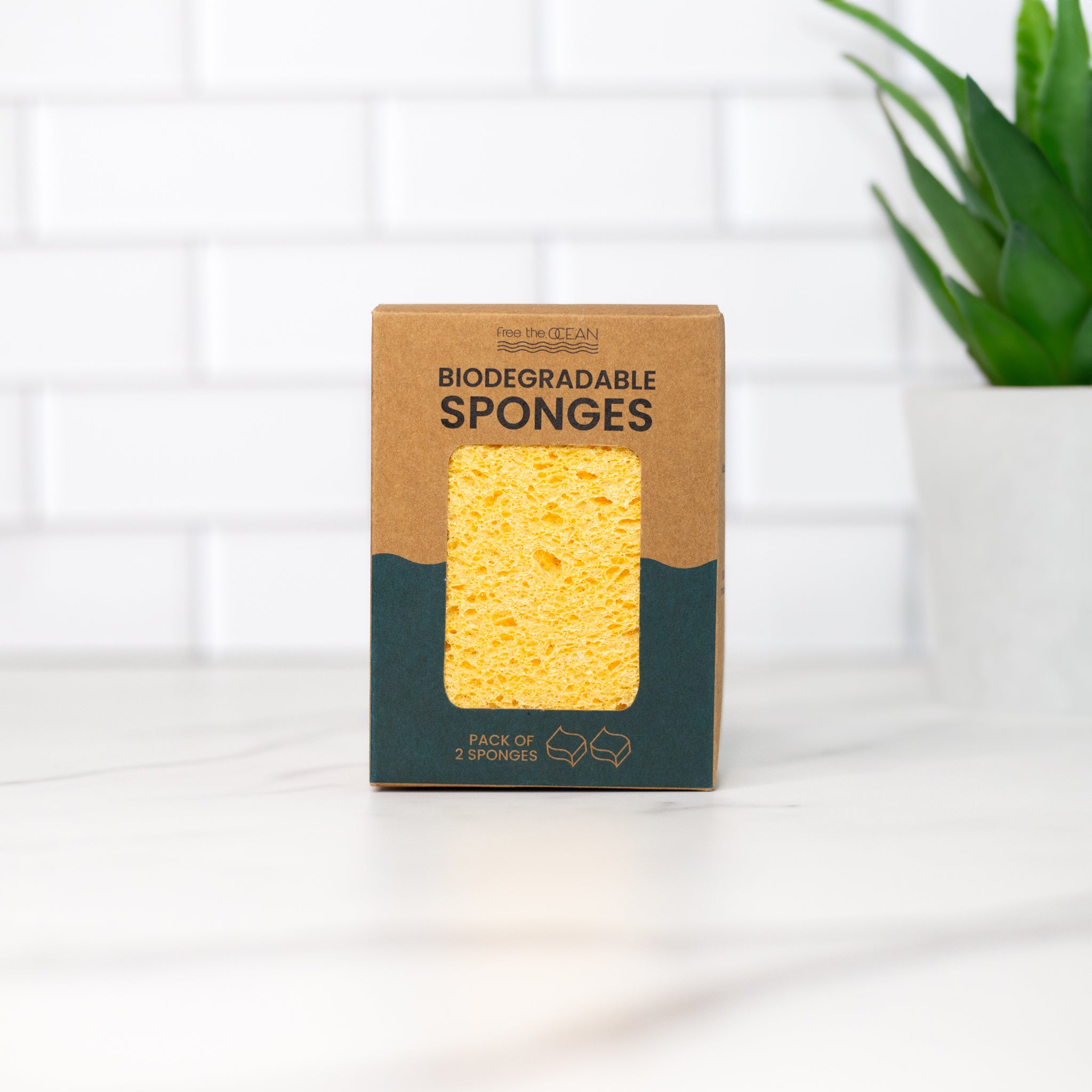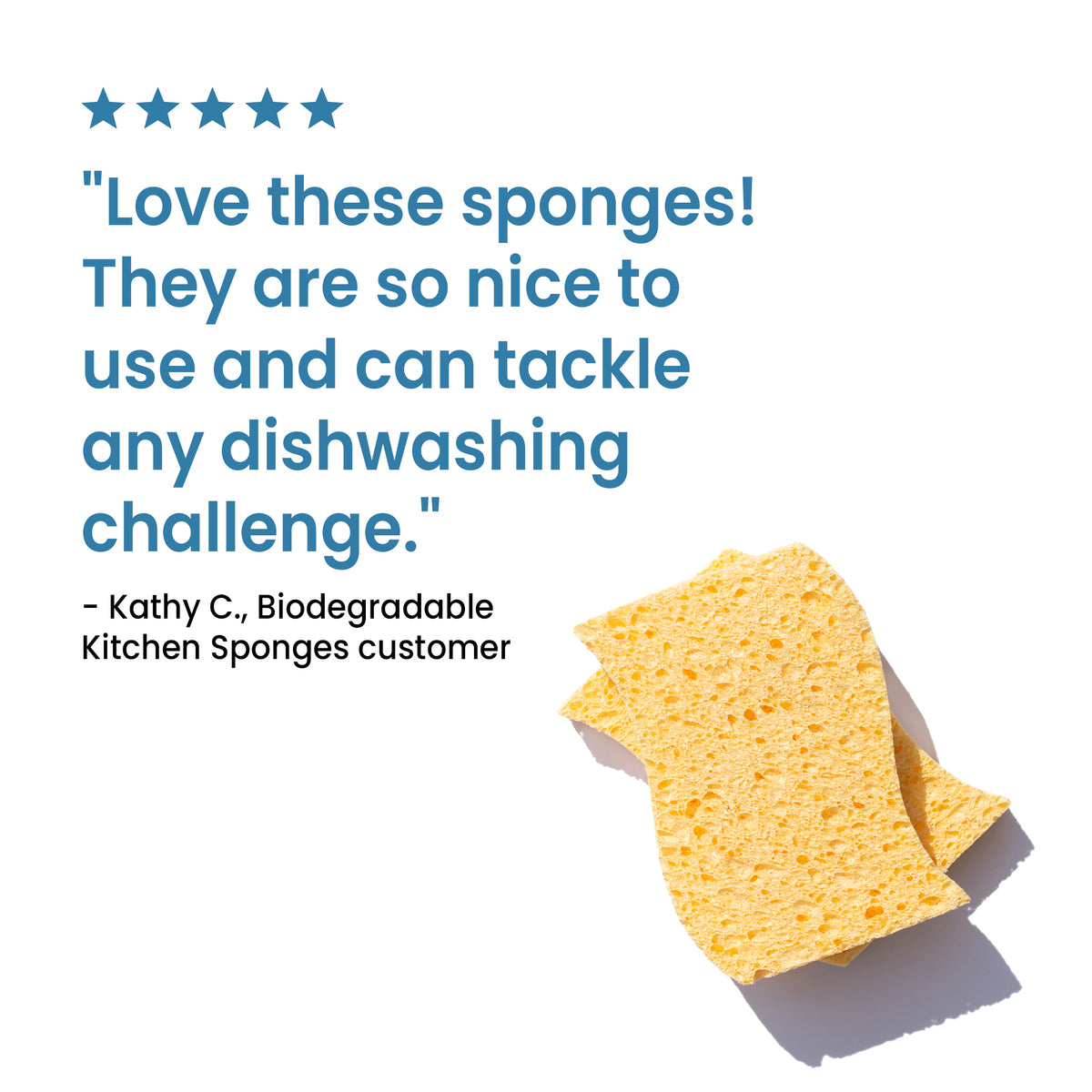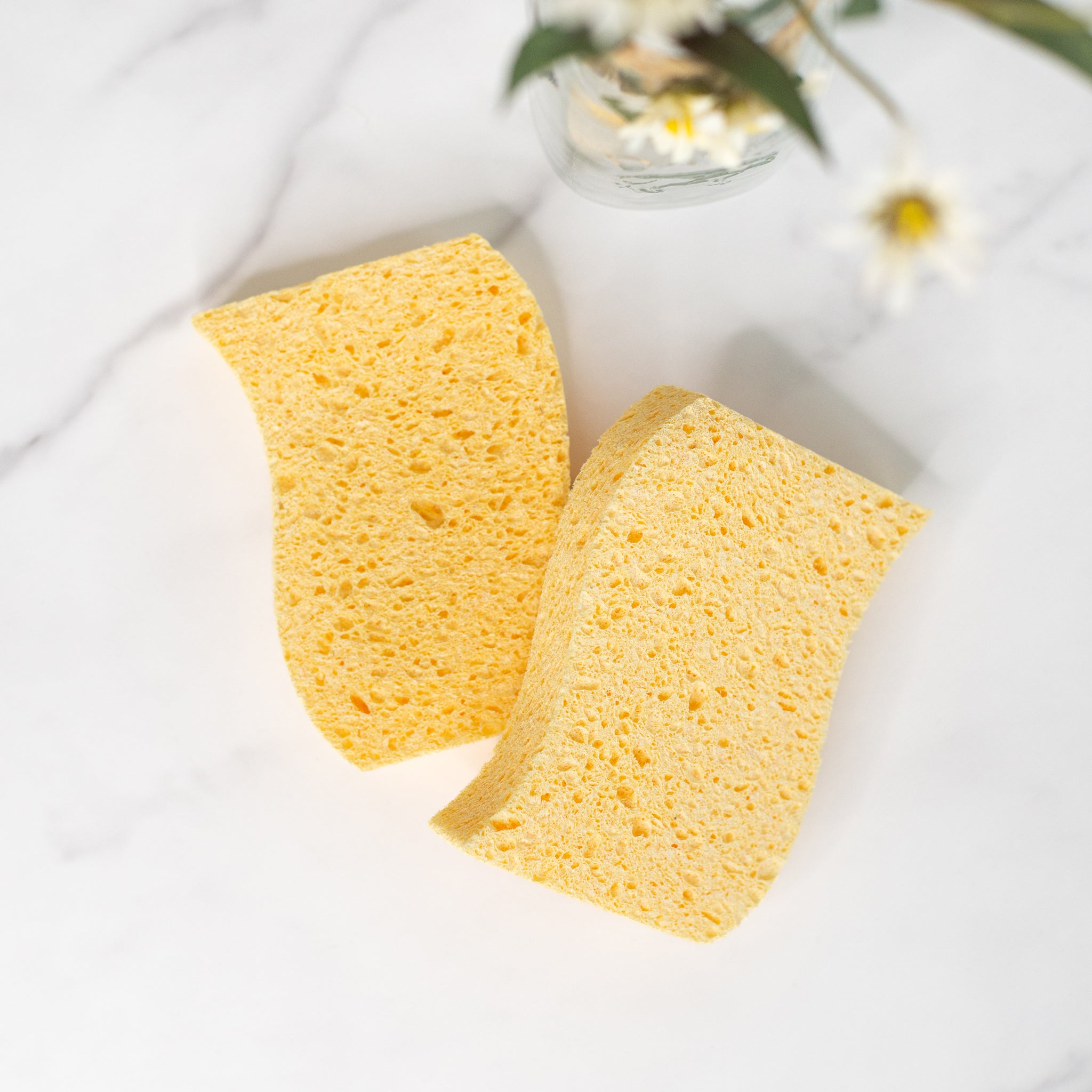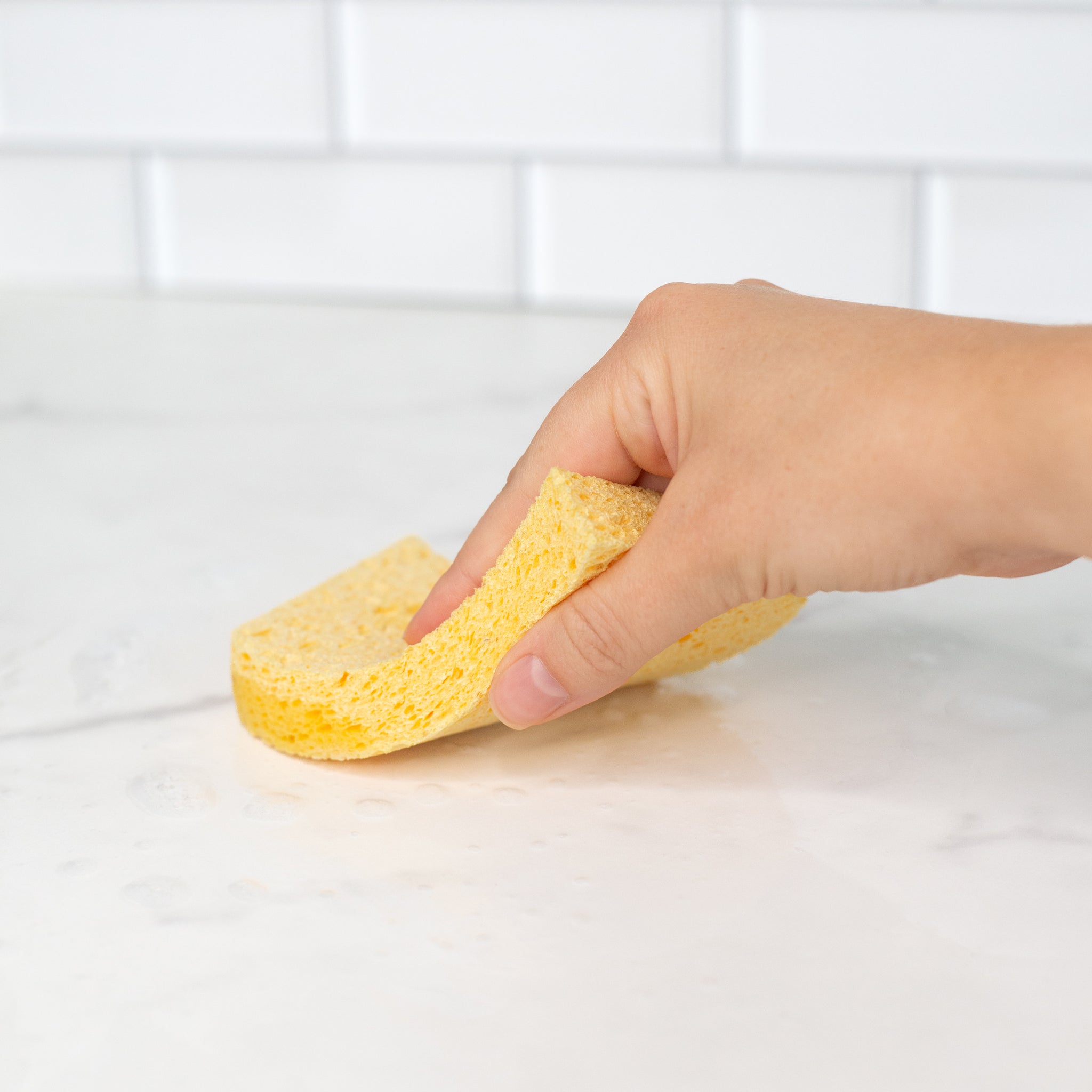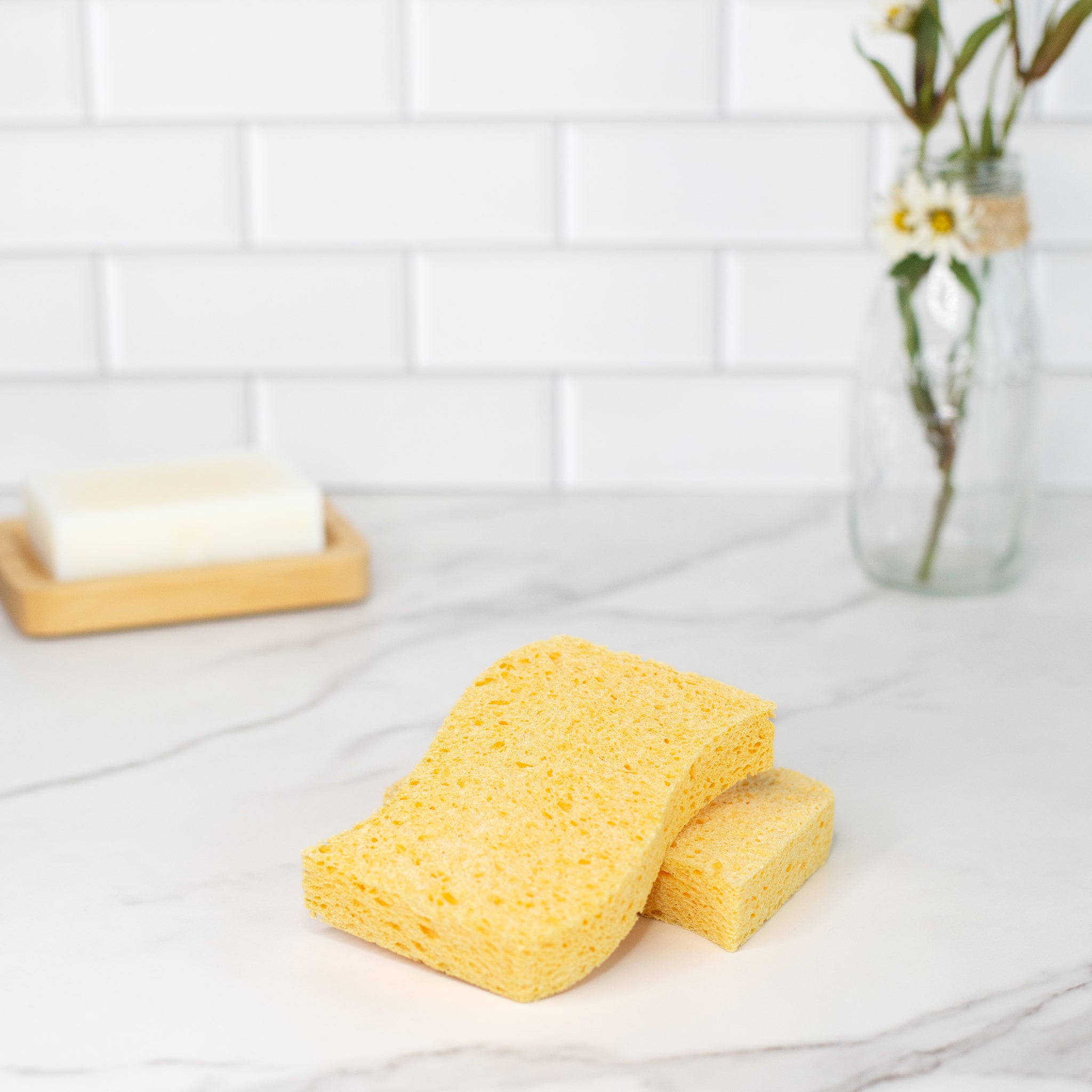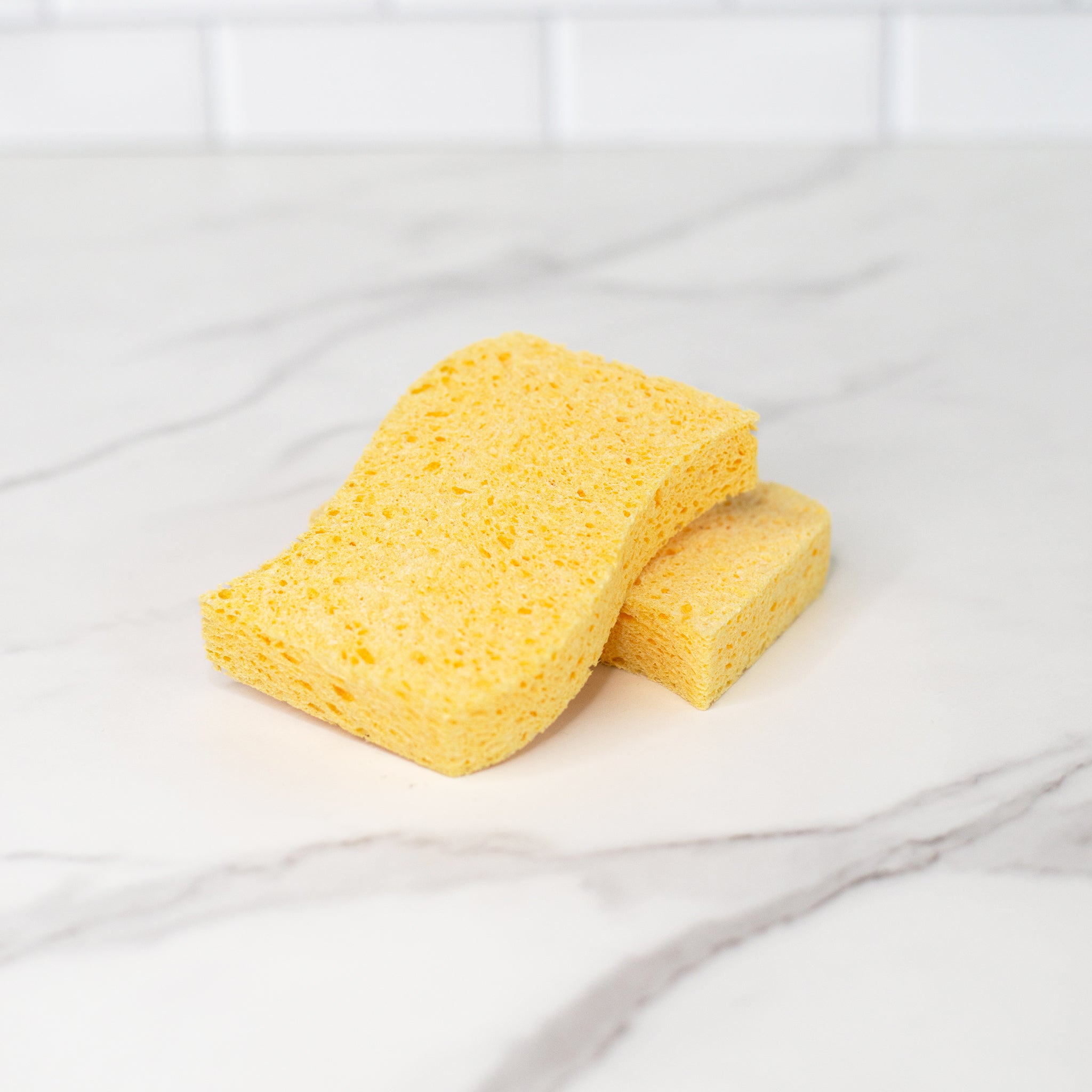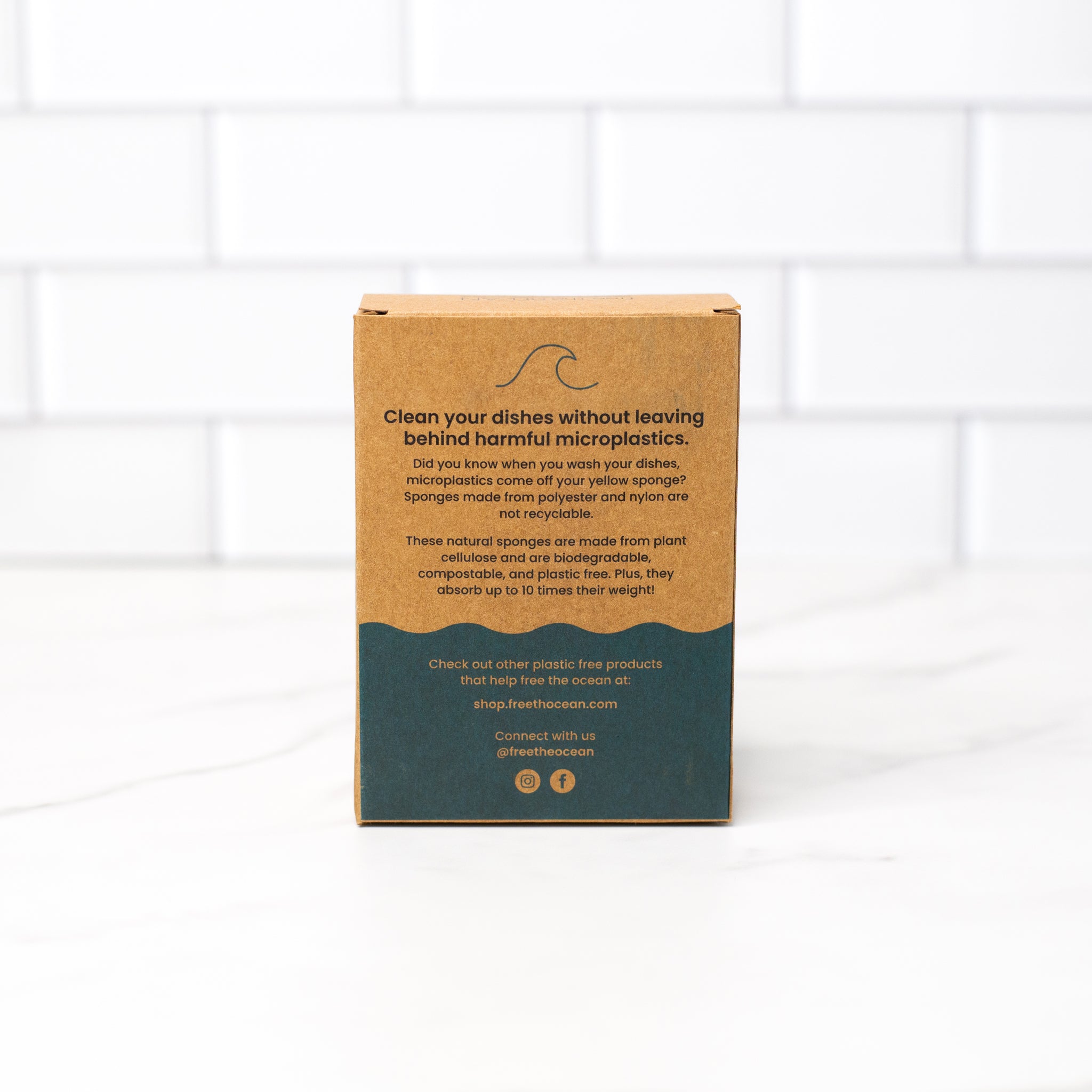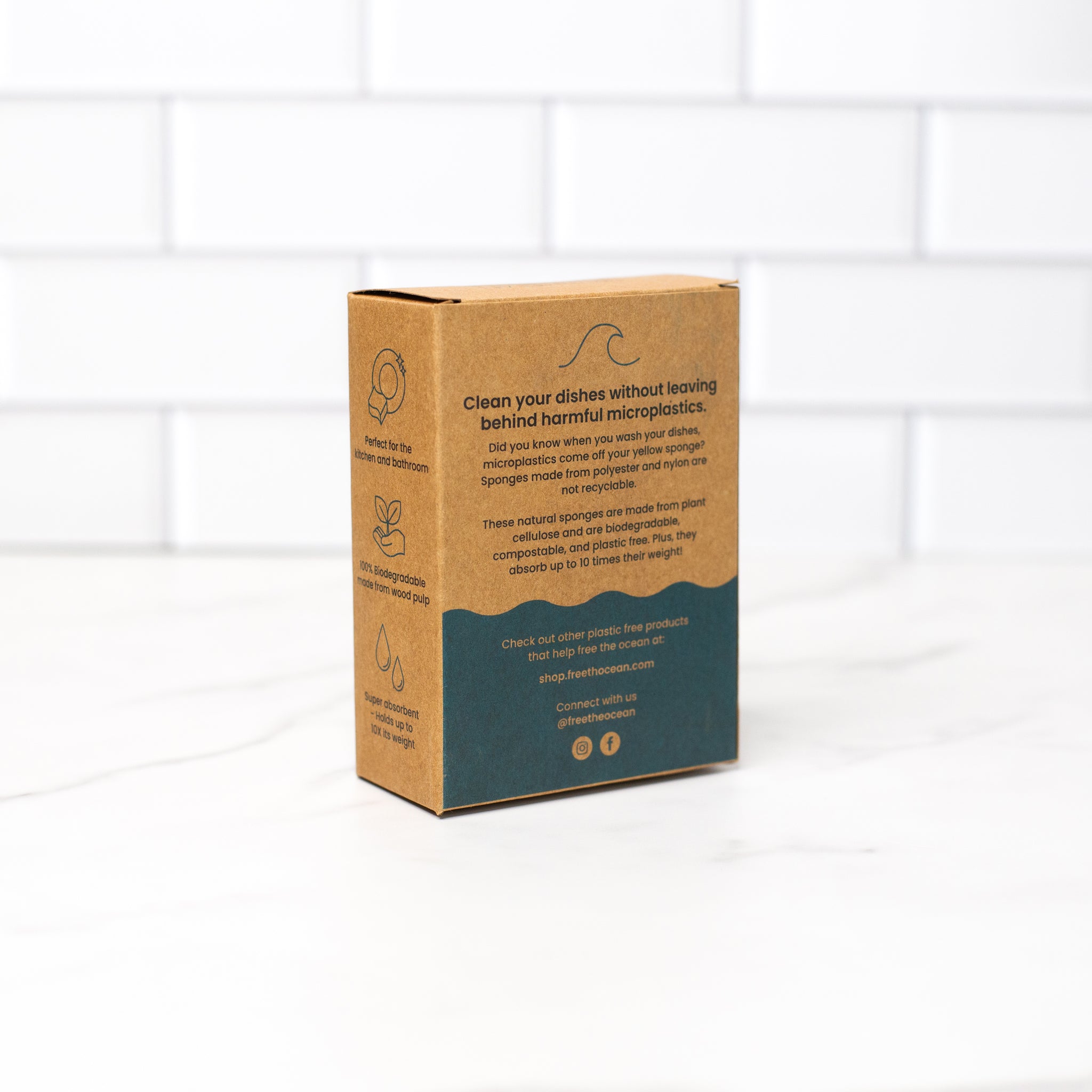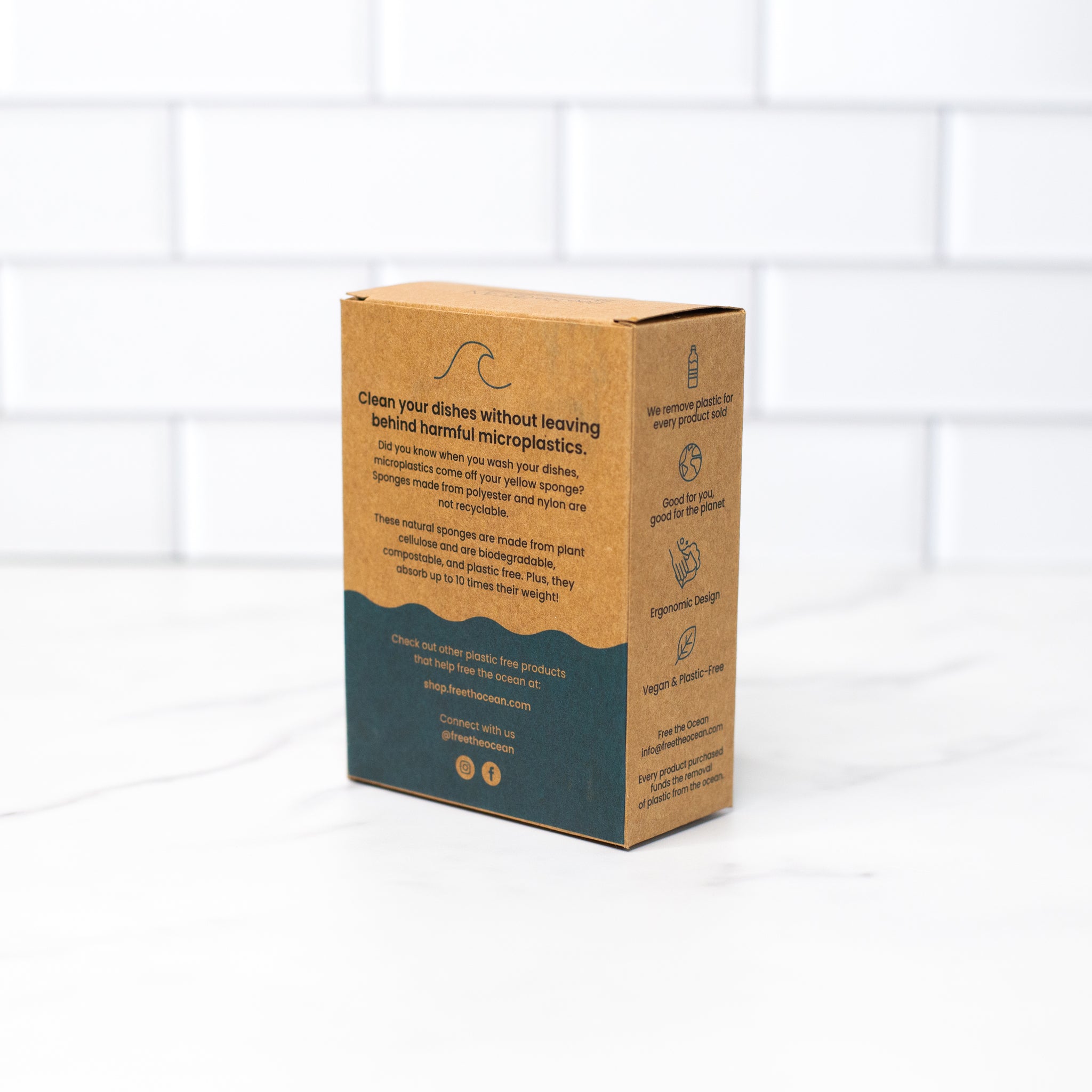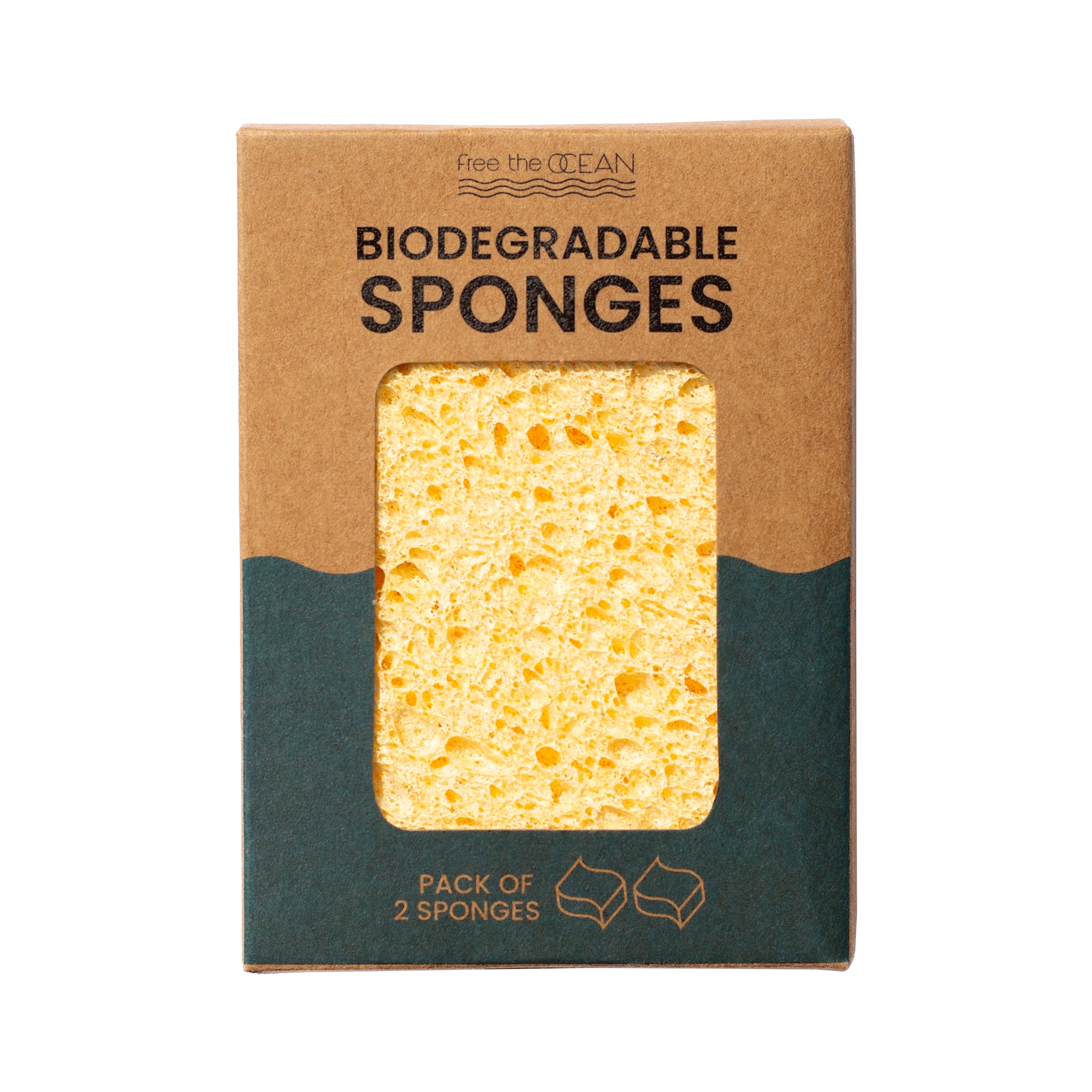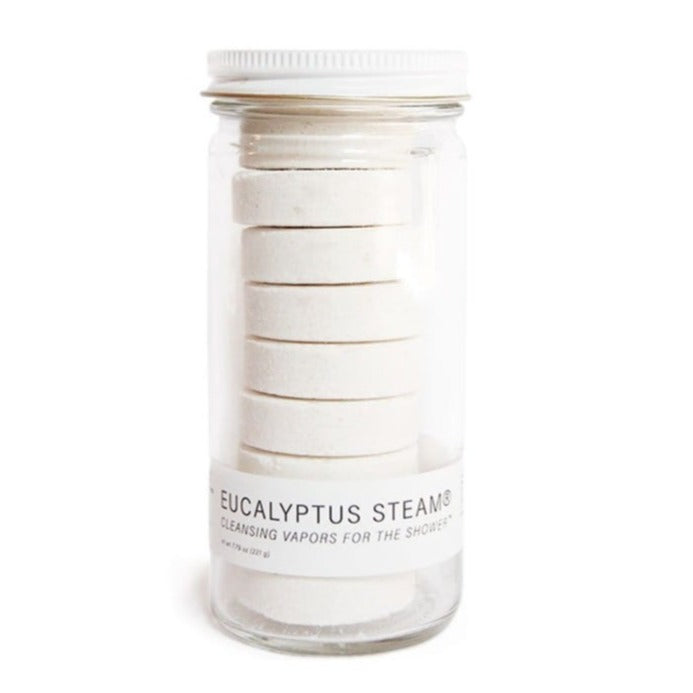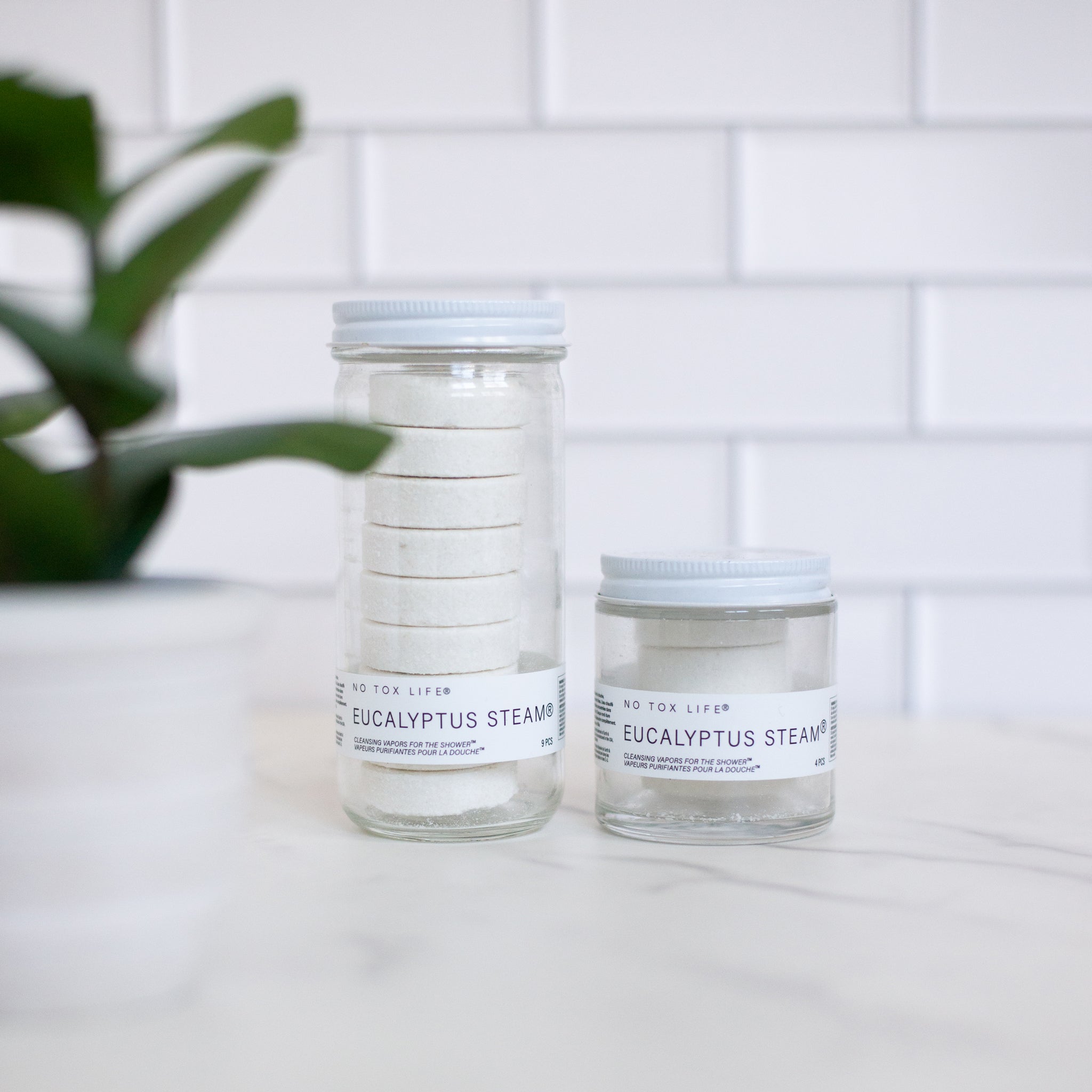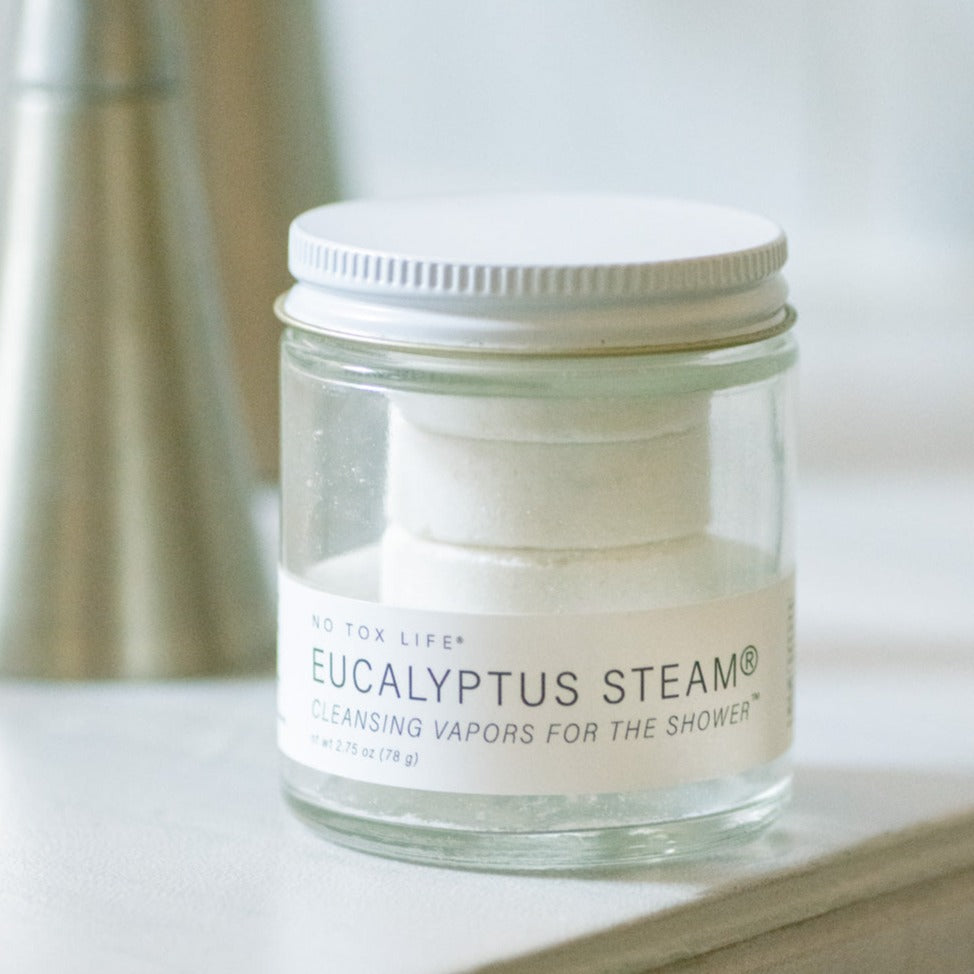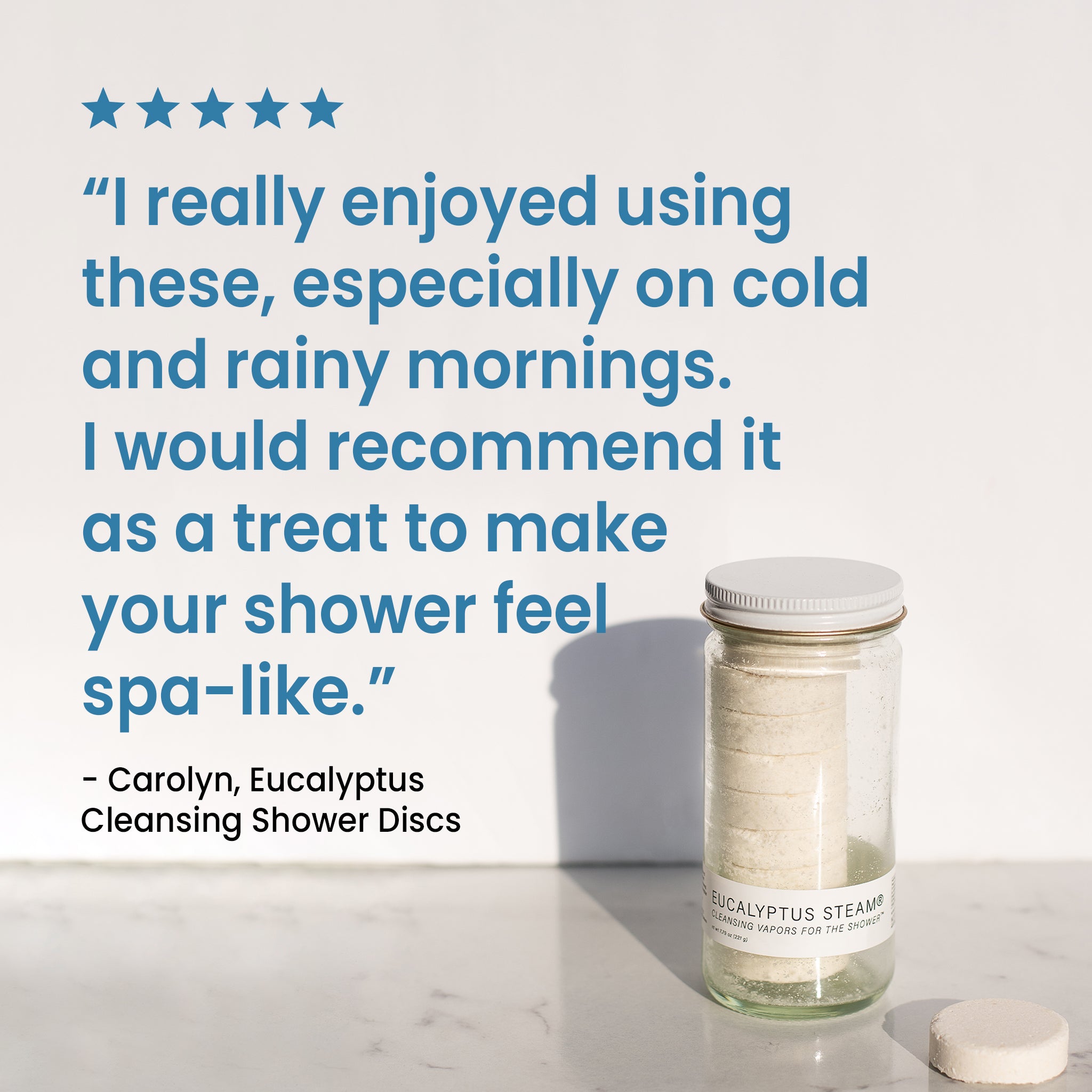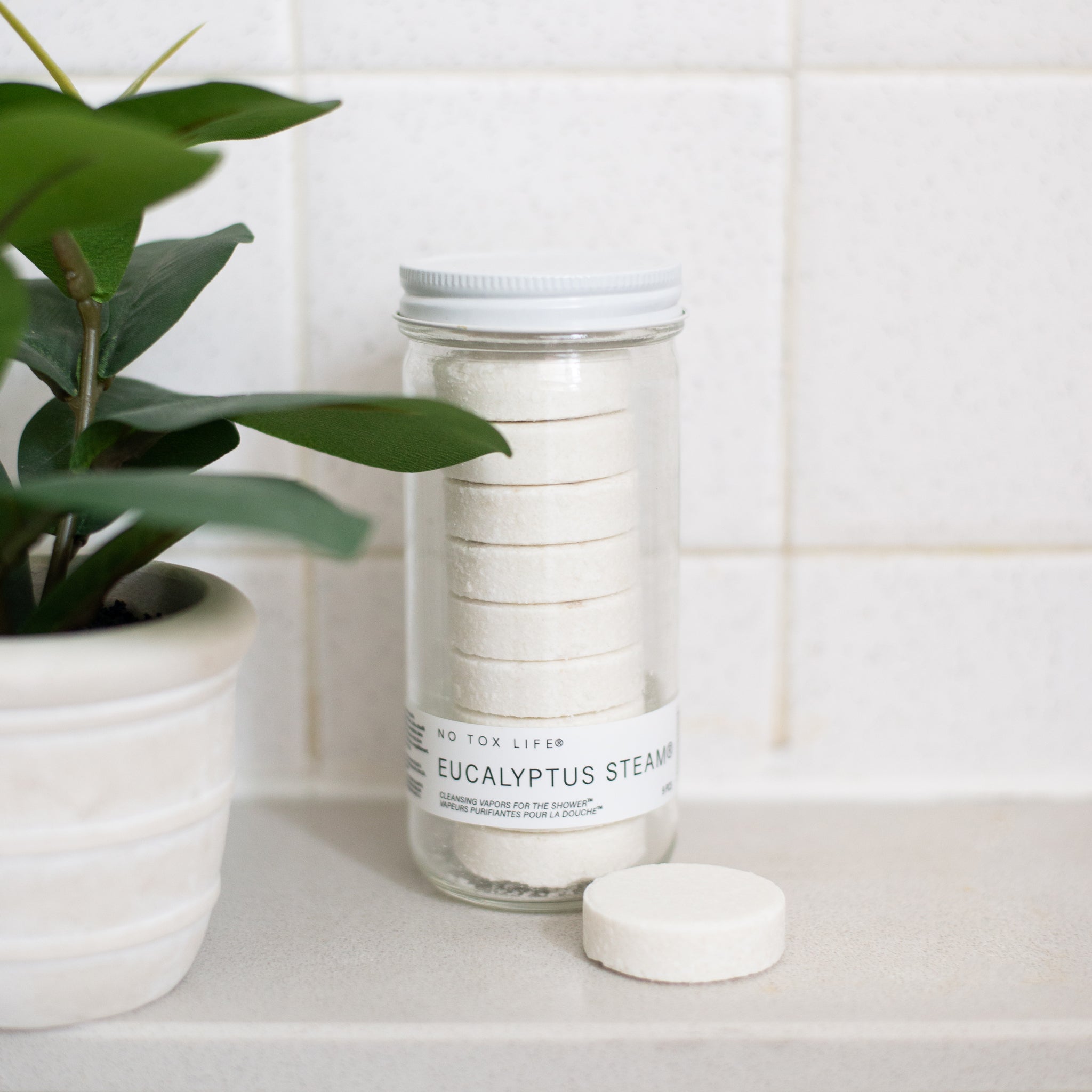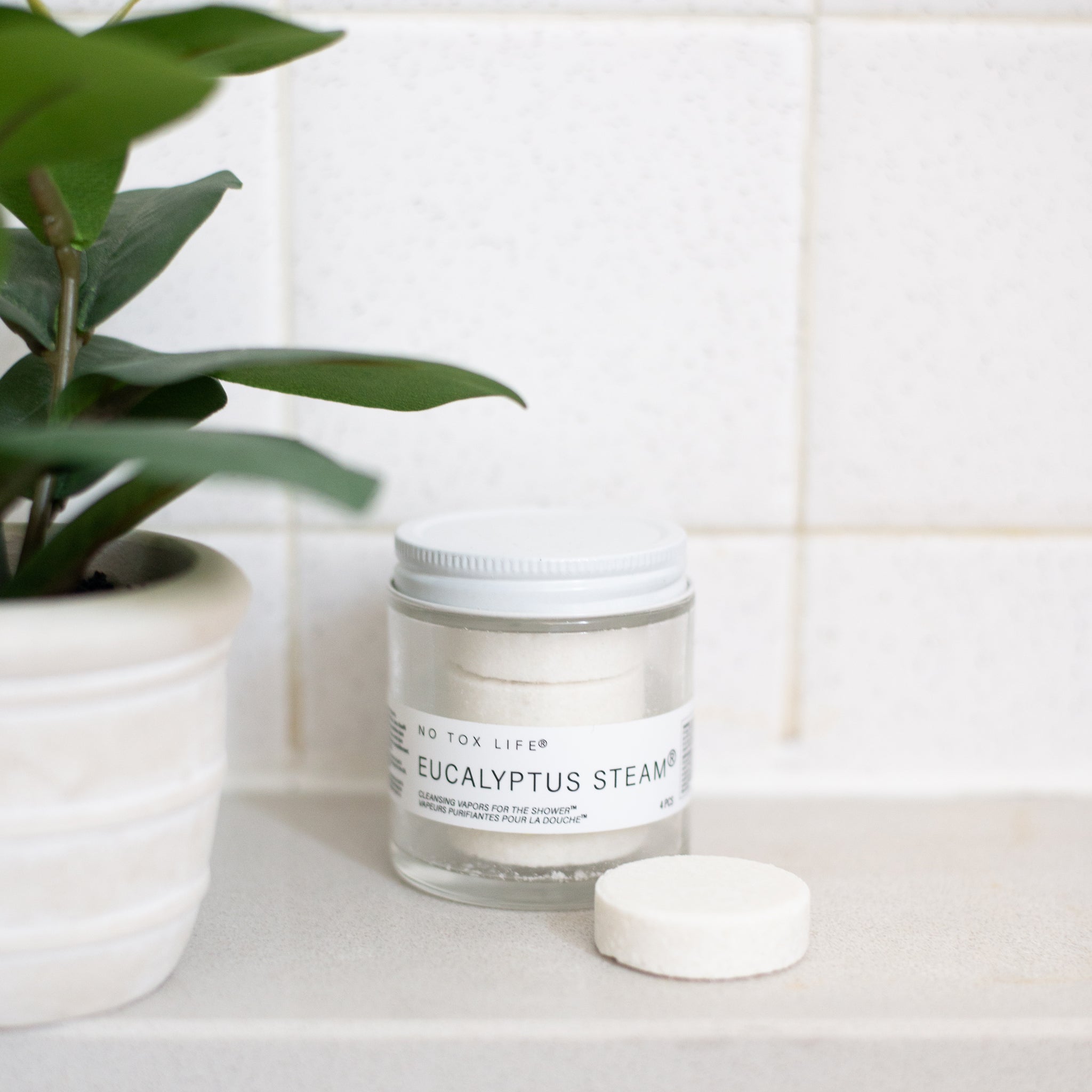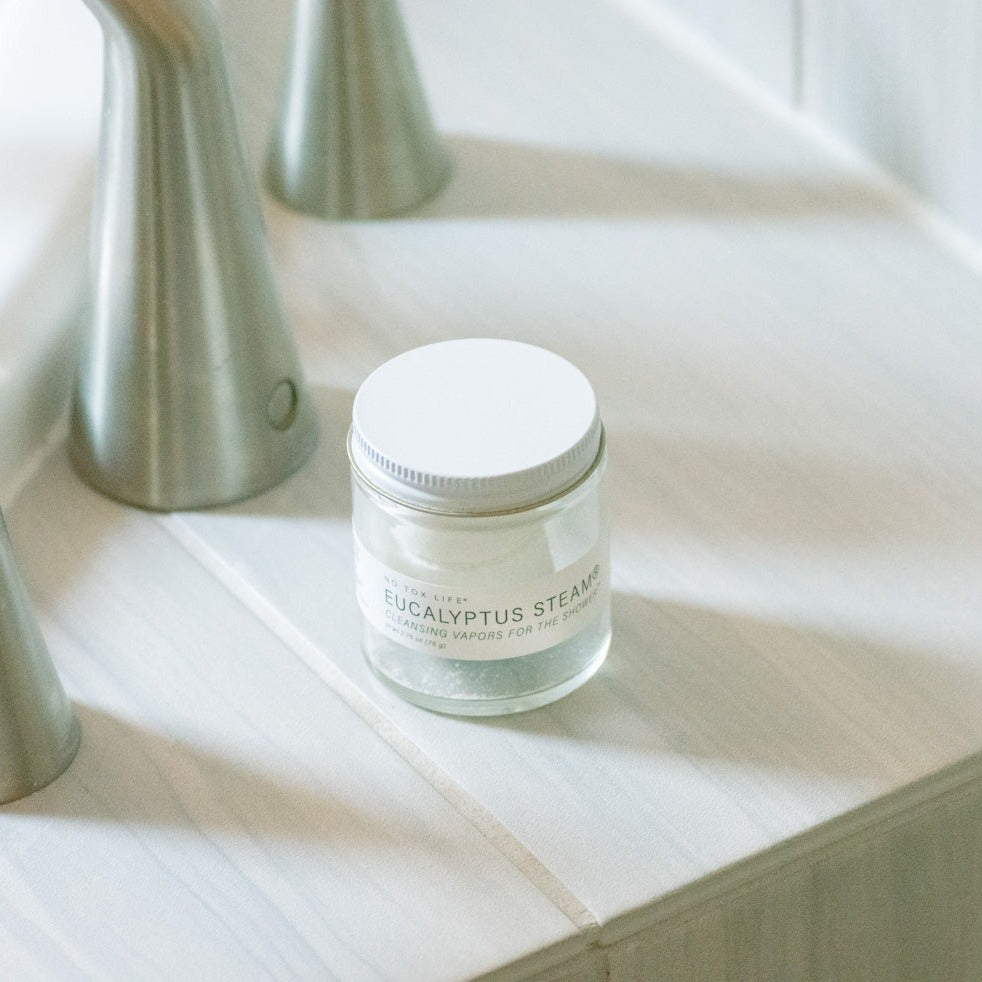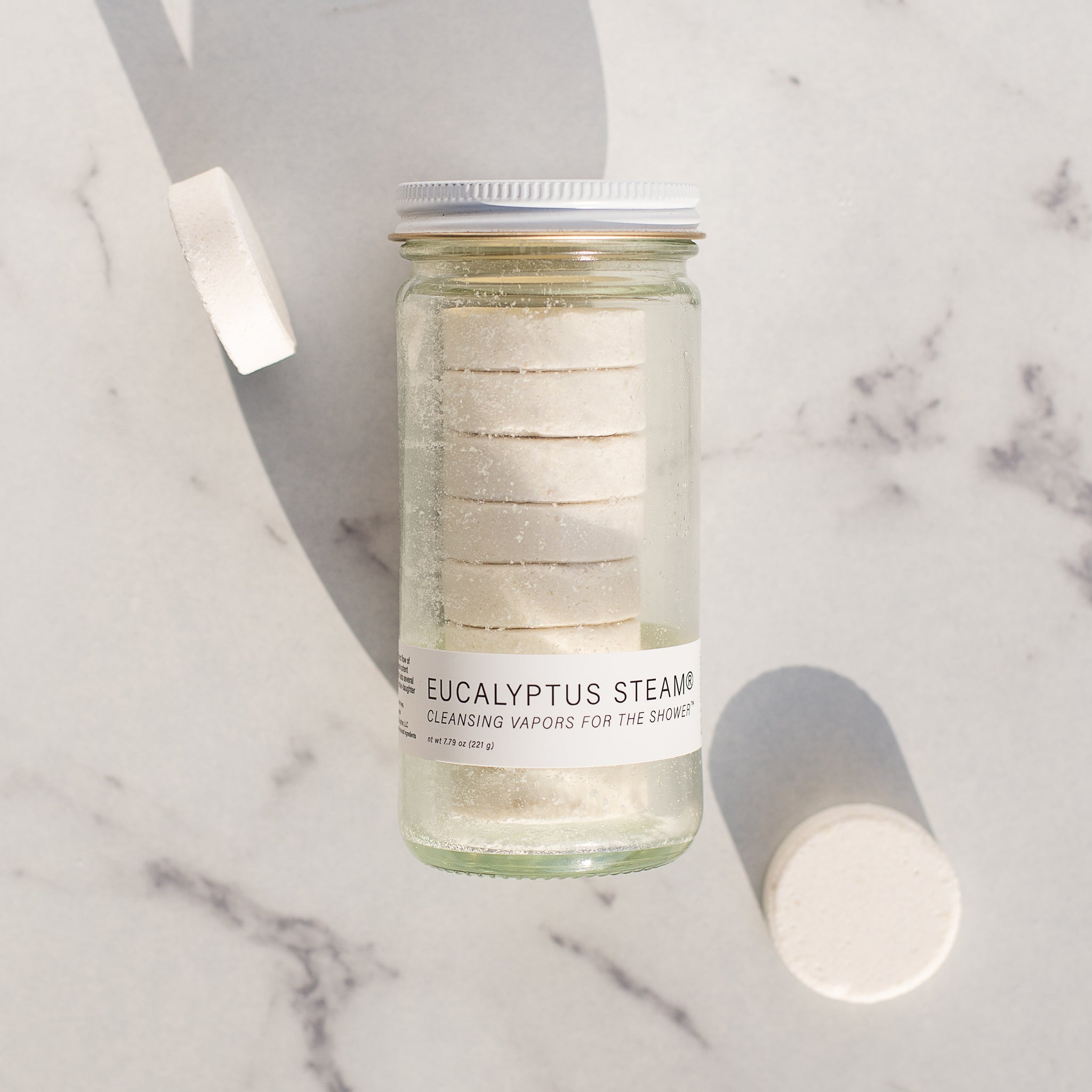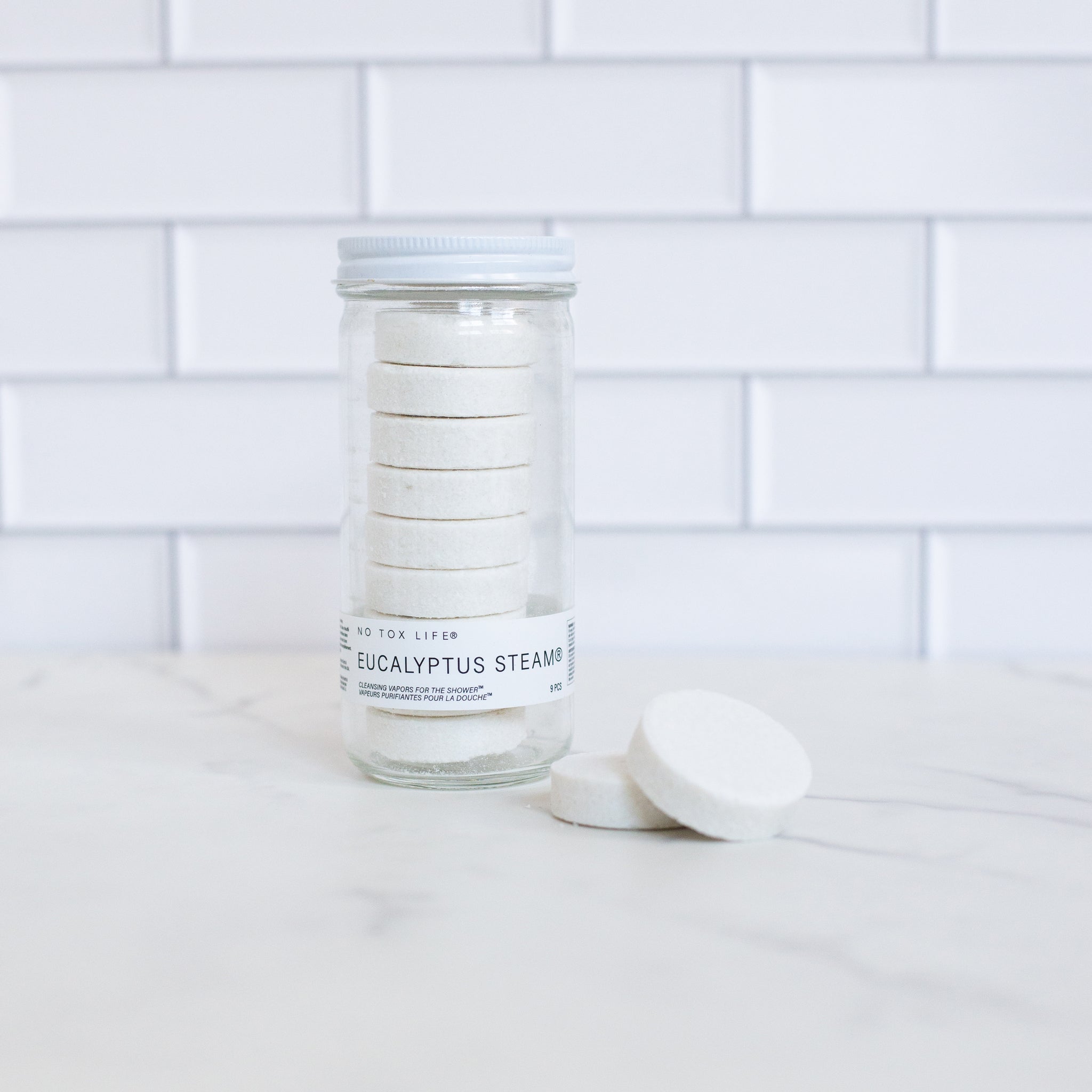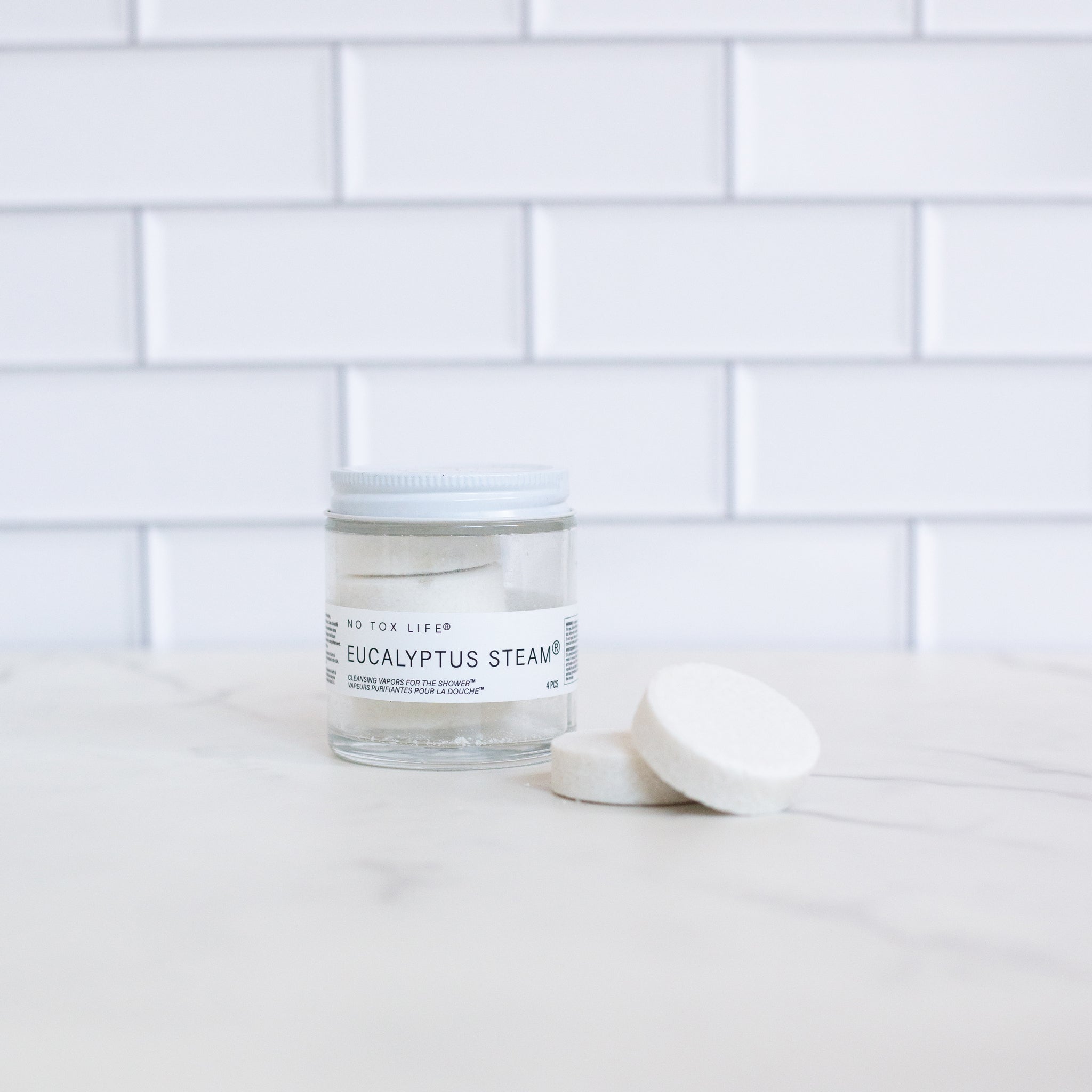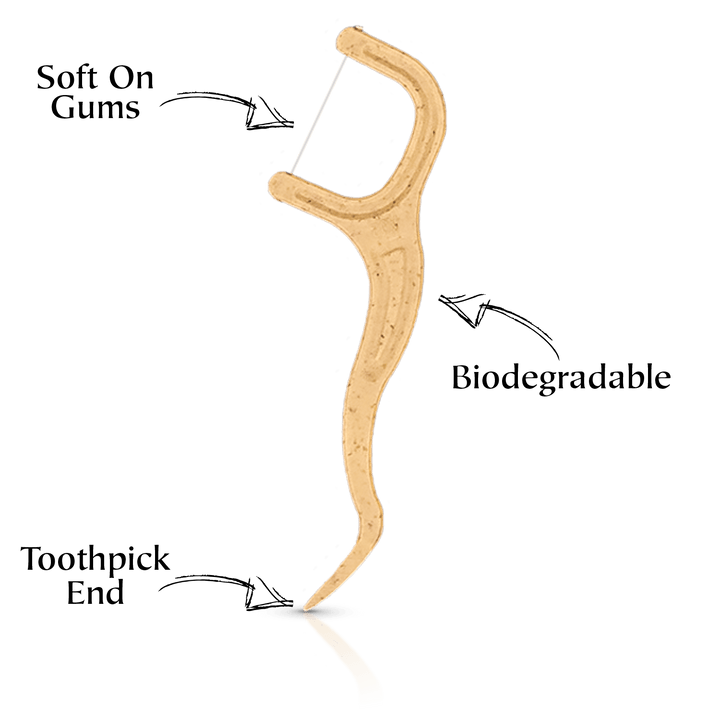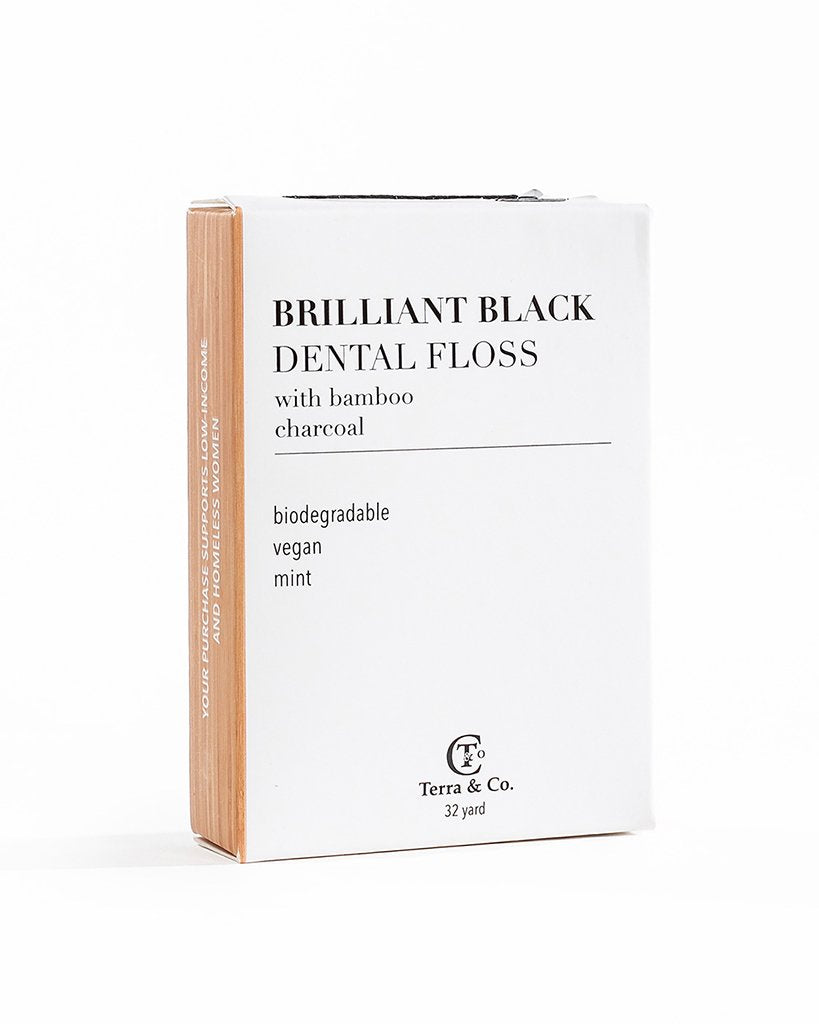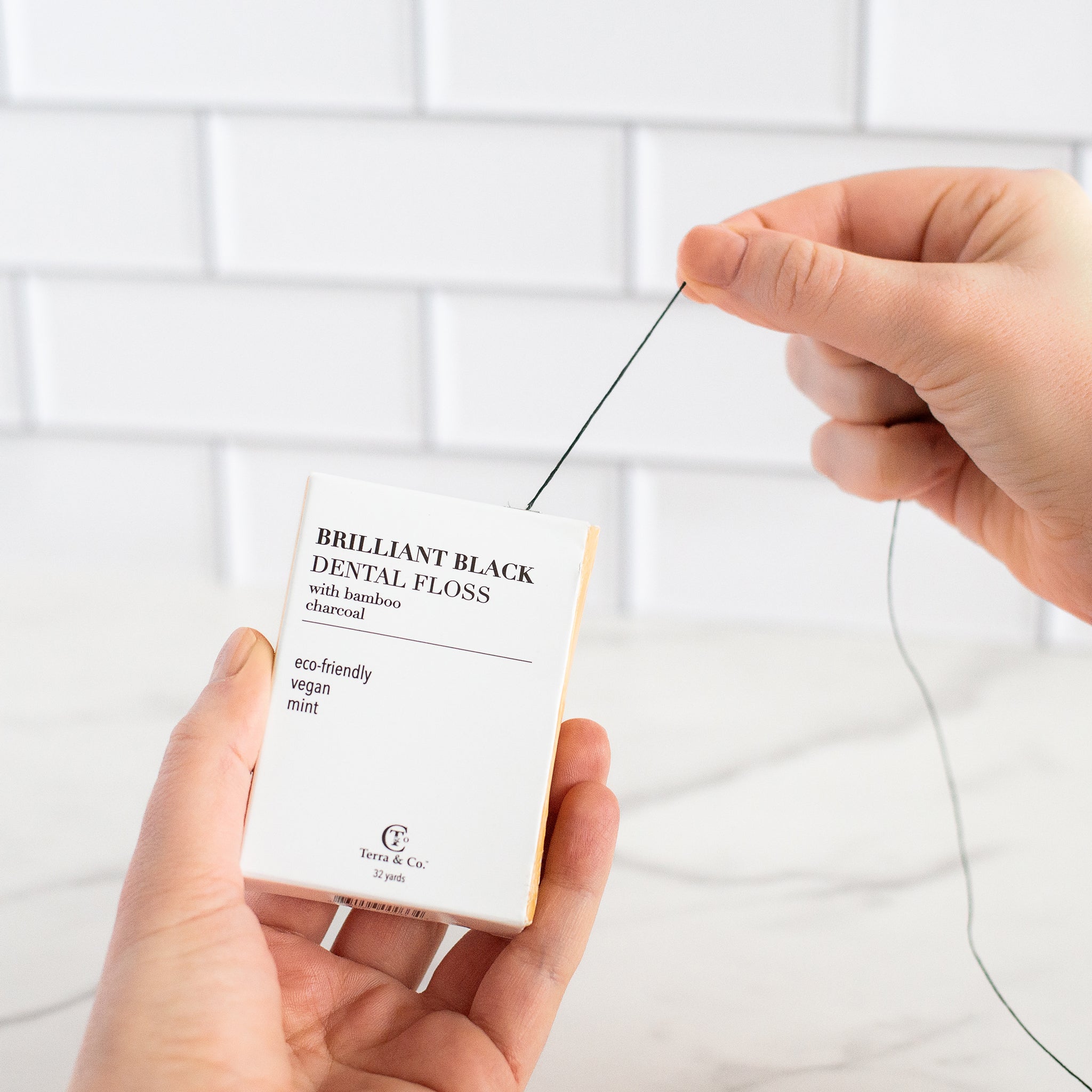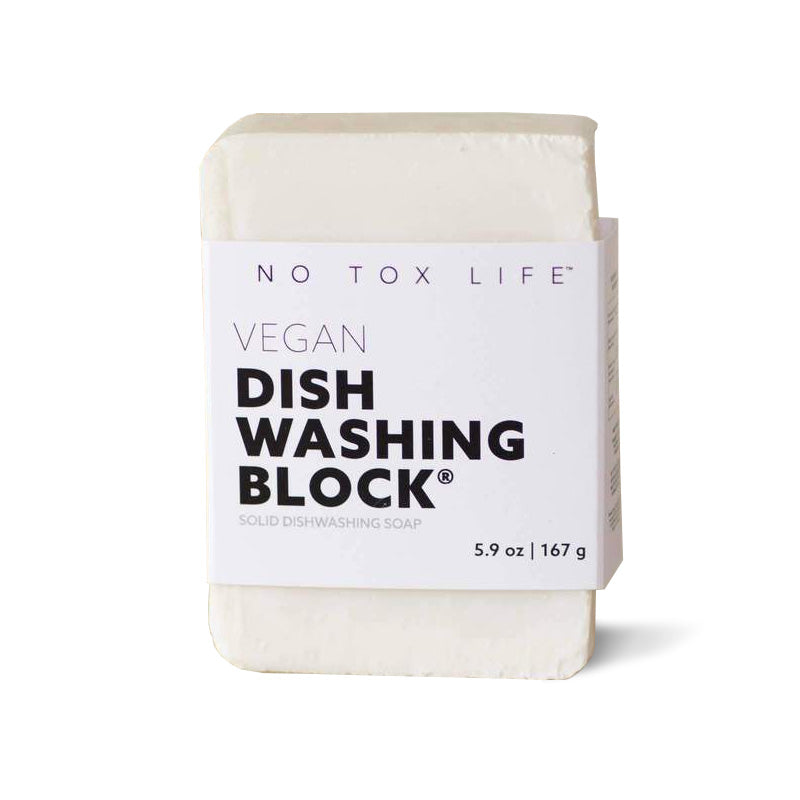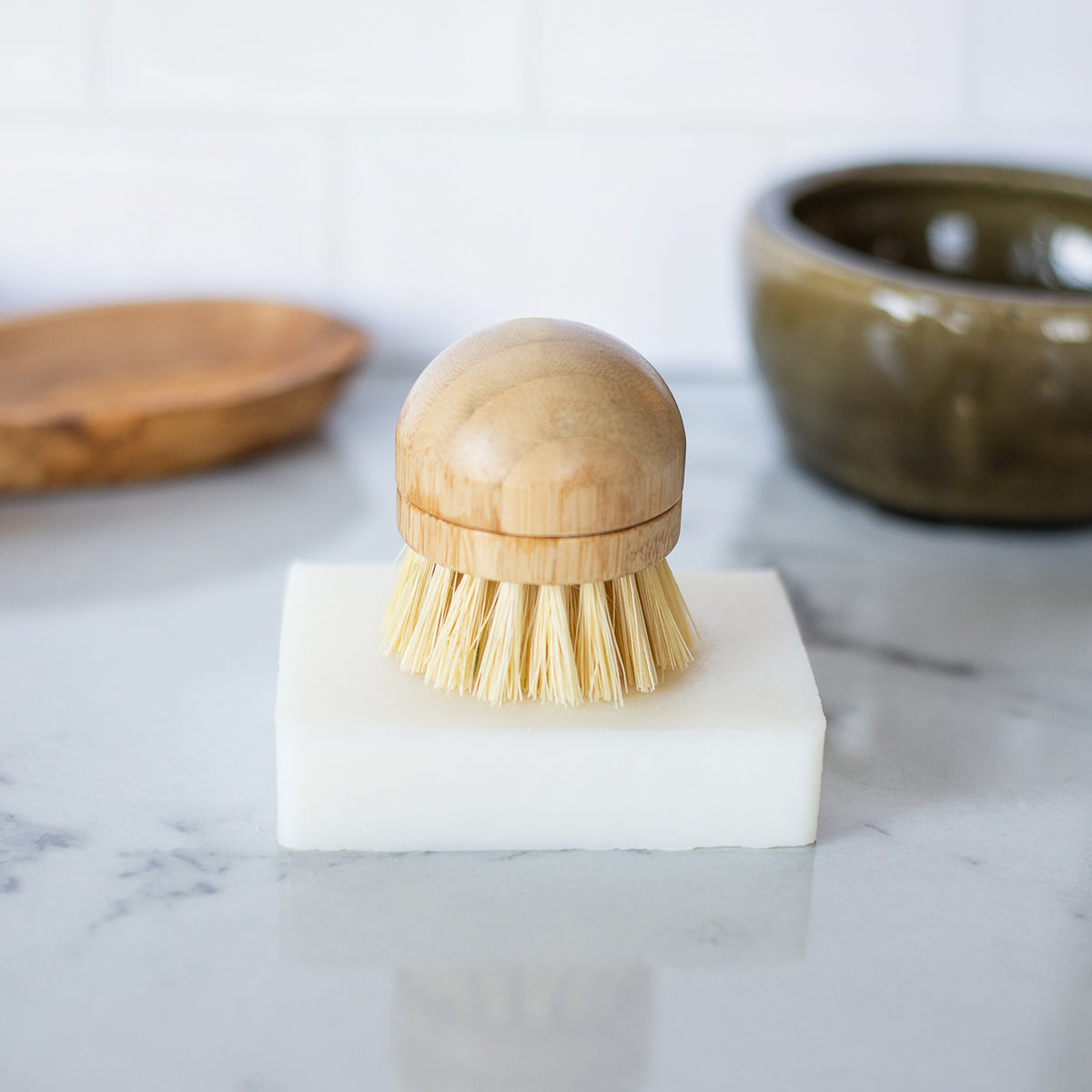Plastic-Free July: What It Is, Why It Matters, and Swaps You Can Make
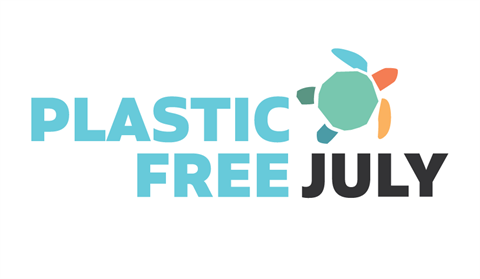
What is Plastic Free July?
Starting in Australia in 2011, Plastic Free July is a movement formed by the Plastic Free Foundation that challenges you to reduce your plastic use – to ditch single-use plastic and find eco-friendly alternatives. You won’t be alone in your efforts – Plastic Free July is a global movement that sees millions of people become a part of the solution to plastic pollution.
What is Plastic Free July Important?
Over the last 12 years, more than 100 million people have participated in Plastic Free July across 190 countries. The habits that start as a part of Plastic Free July often become life-long habits that drastically reduce the number of plastic products being bought that ultimately end up in landfills or into the environment (including the ocean). With so many people making a change, we can collectively make a massive impact and show changemakers and businesses how we want the future to look.
How can I get involved with Plastic Free July?
One of the best ways to do your part is to make eco-friendly swaps! Plastic Free July also encourages you to refuse single-use plastic where possible and use reusable options. To help you make a change this Plastic Free July, here are 10 sustainable swaps you can make:
1. Swap plastic produce bags for reusable produce bags
This is an easy swap to make and they’re easy to remember to take to the store with you if you put them inside your other reusable shopping bags. Most offered in grocery stores are plastic, so we highly recommend getting your hands on some cotton mesh produce bags like these.
2. Swap plastic grocery bags for reusable grocery bags
Single-use plastic grocery bags are going the way of the dinosaur, so if you haven’t yet made the switch to reusable bags, now is the time to do so! Our Ocean Lovers tote bags are a popular choice, as are our Plastic Free tote bags (a great way to celebrate Plastic Free July).
3. Swap plastic straws for reusable or recyclable straws
There’s no reason to use plastic straws when there are so many reusable and recyclable options out there. Opt for metal straws for reusable or paper straws for a single-use recyclable option. (Don’t worry, metal straws are easy to clean with our agave straw cleaners.)
4. Swap kitchen towel for a Swedish dishcloth
Traditional kitchen towel (also called paper towel) may be paper, but it often uses un-eco-friendly dyes and cannot be recycled. A Swedish dishcloth can replace 17 entire rolls of paper towel!
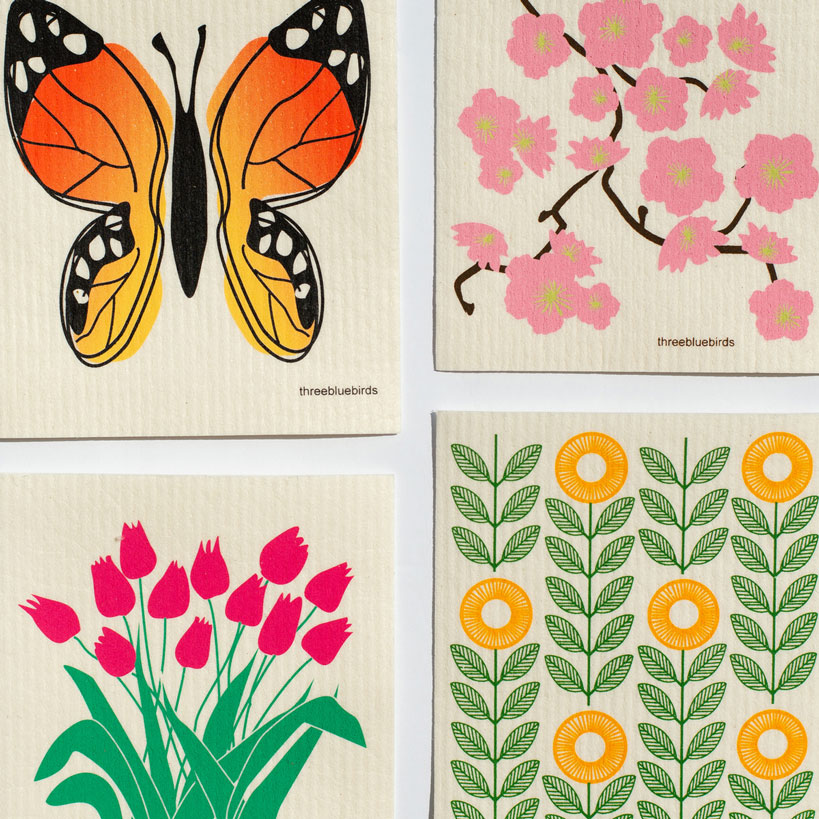
5. Swap plastic water bottles for reusable bottles
Instead of waiting until you get to your destination to purchase a drink, bring a drink with you in a reusable bottle. Our Free the Ocean reusable bottles will allow you to show off your support of causes like ours.
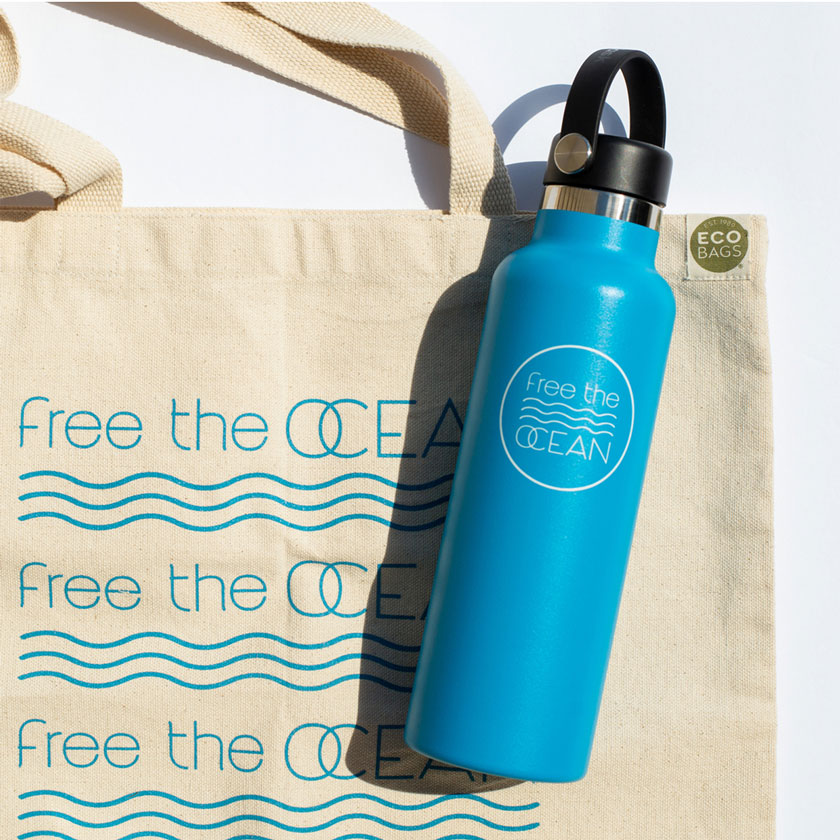
6. Swap plastic snack bags for reusable silicone bags
Stop buying plastic bags at the grocery store for storing leftovers and on-the-go snacks and opt for reusable silicone bags and Tupperware instead. Find our 36oz bags here, 34oz bags here, 10oz bags here, and continue the trend in your kitchen with our silicone food savers, and silicone avocado savers.
7. Swap plastic cling film for beeswax wrap
Plastic cling film is one of the most common ways we use single-use plastic in the kitchen, and it’s not necessary! Beeswax wrap is an ideal eco-friendly alternative. Don’t worry, there are vegan options available in our store, too!
8. Swap your plastic toothbrush for a bamboo toothbrush
Plastic toothbrushes are only designed to be used for about 3 months before you throw them out and replace them. This means that you should be throwing 4 plastic toothbrushes in the trash each year. Bamboo toothbrushes are biodegradable, so you don’t need to worry about them outliving you in a landfill site. (Don’t forget to replace your kids’ toothbrushes with kids’ bamboo toothbrushes, too!)
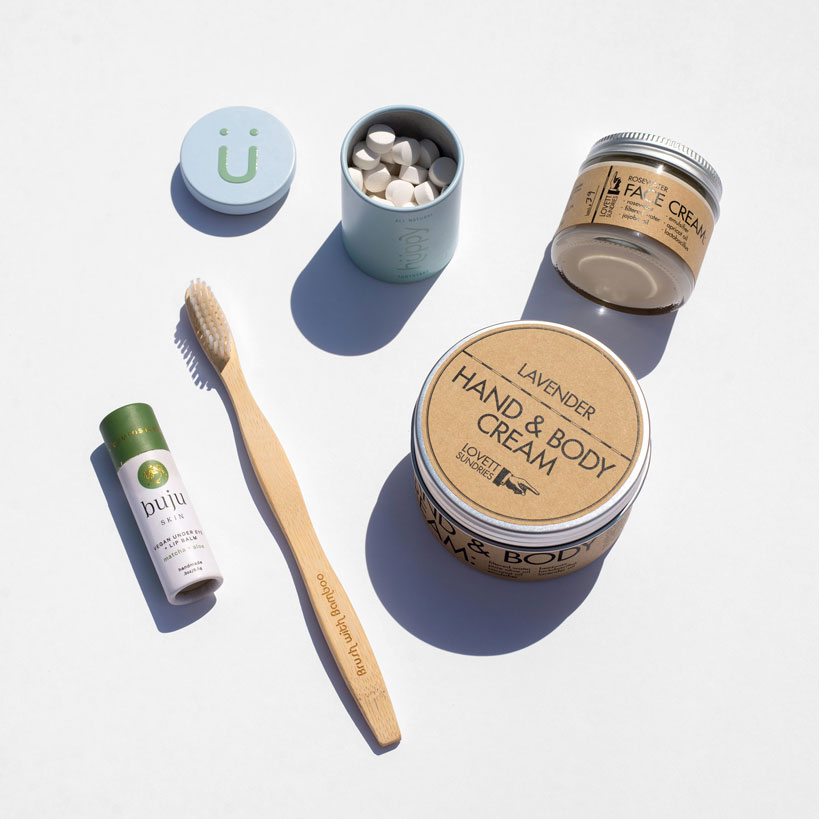
9. Swap a plastic dish brush for a wooden dish brush
Just like your toothbrush, your dish brush should be replaced regularly, and an all-wooden dish brush will ensure it biodegrades. You can also find eco-friendly scour pads in our store.
10. Swap liquid dish soap for a dish soap bar
Liquid dish soap comes in thick single-use plastic packaging. Even if you buy refills, all you usually avoid is needing a new pump. A dish soap bar means you only use the soap and all packaging can be recycled.
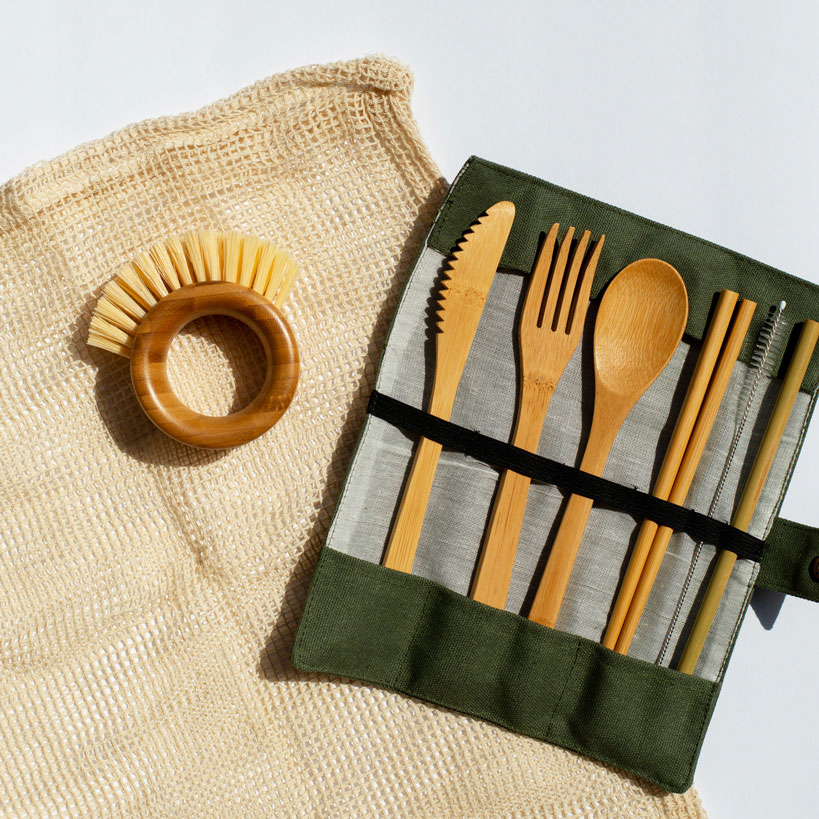
You can find many more eco-friendly and plastic-free swaps in our store – visit Free the Ocean to kick off your Plastic Free July!










































































